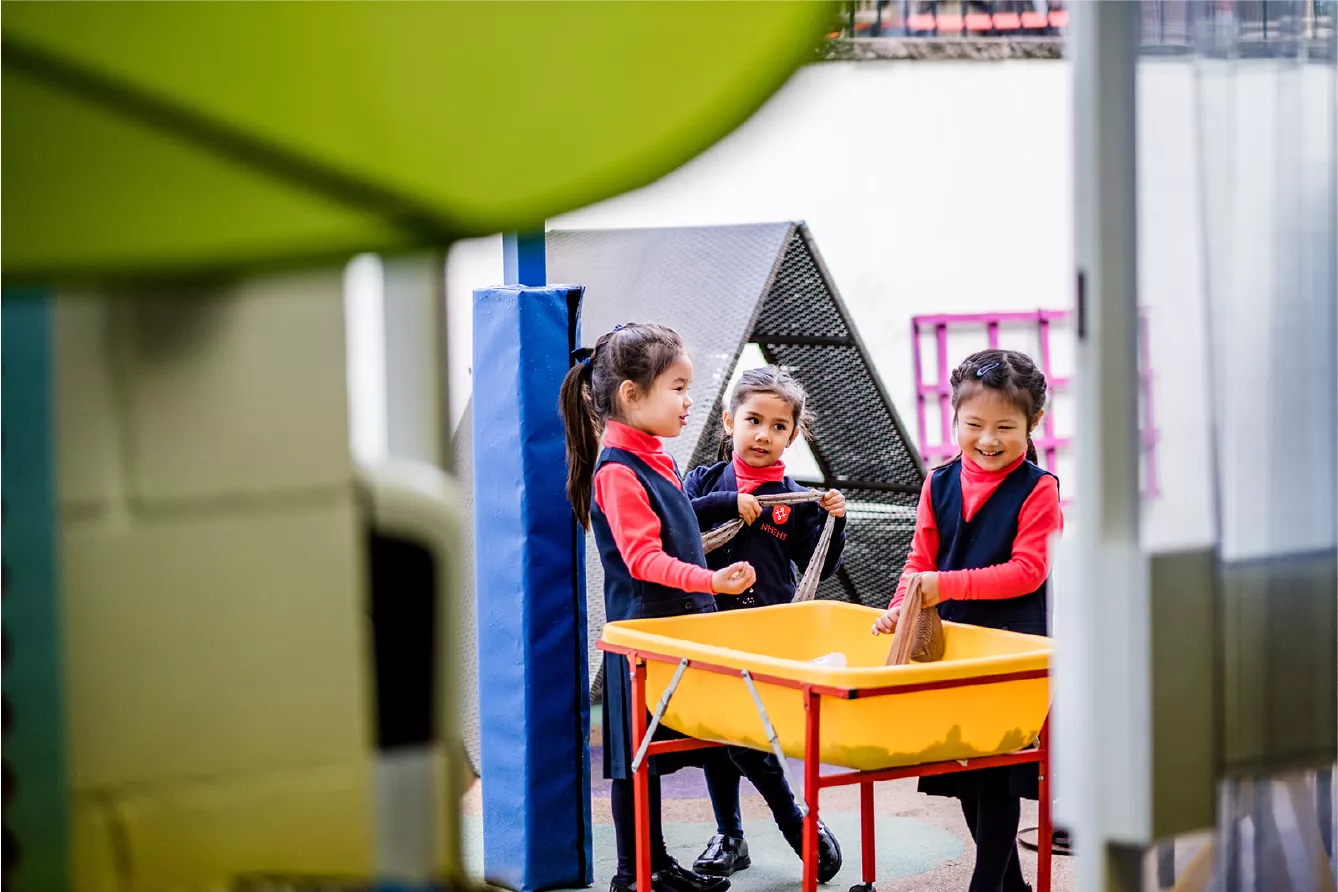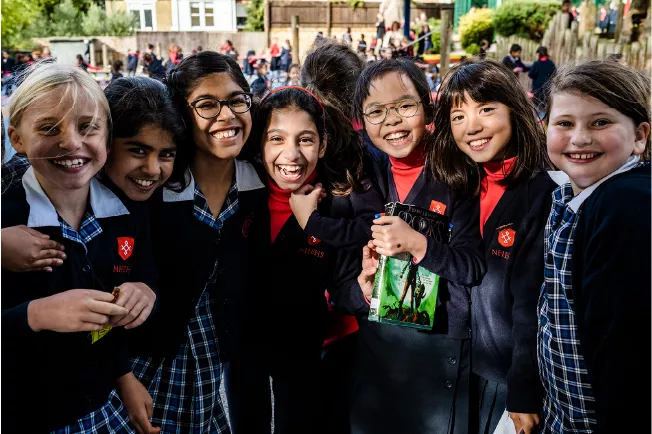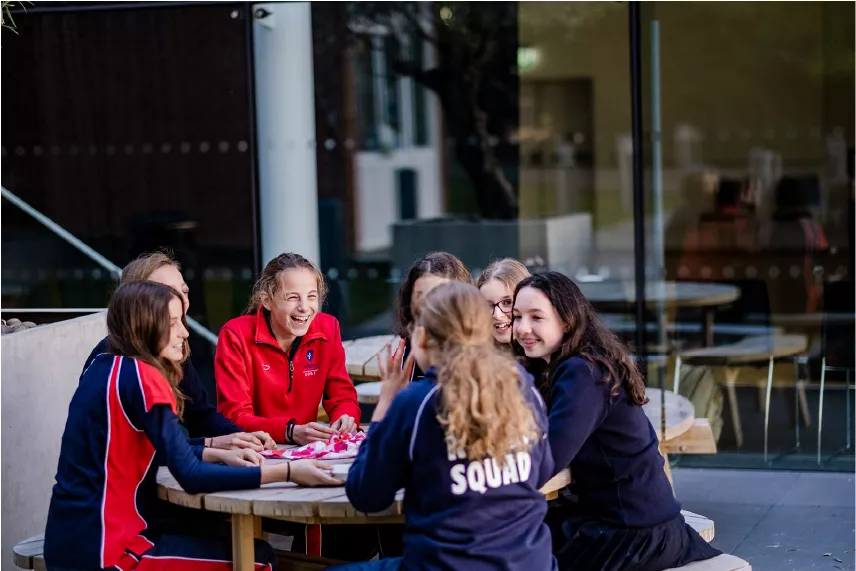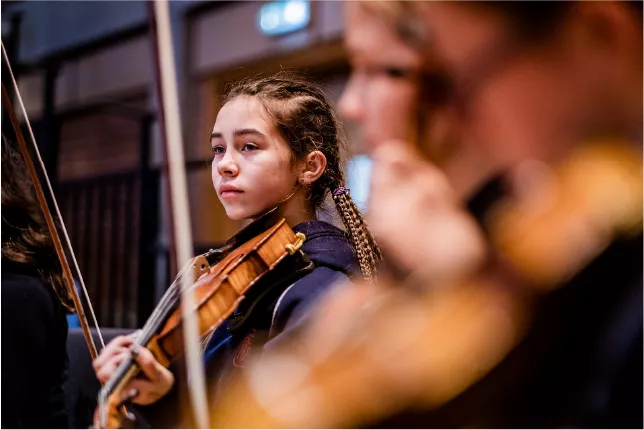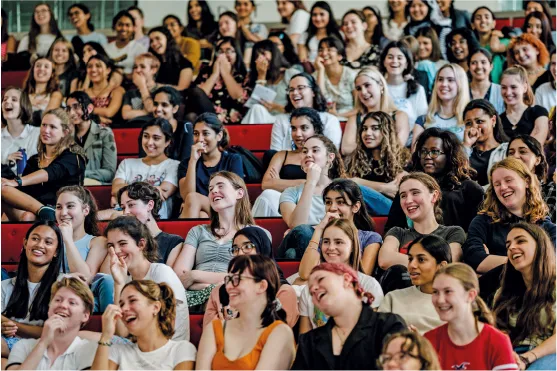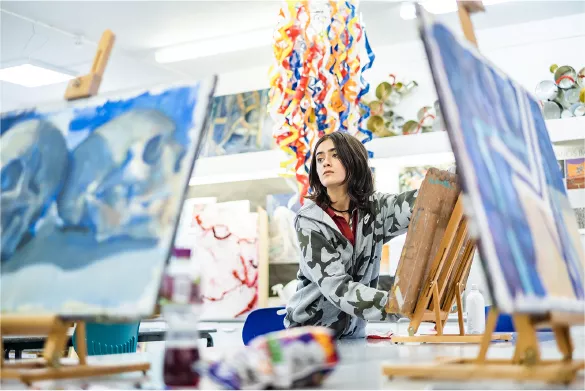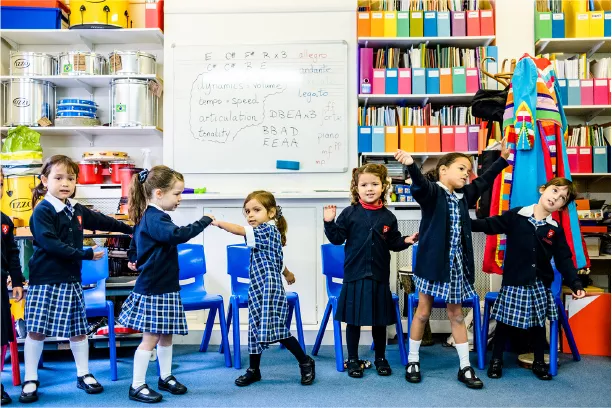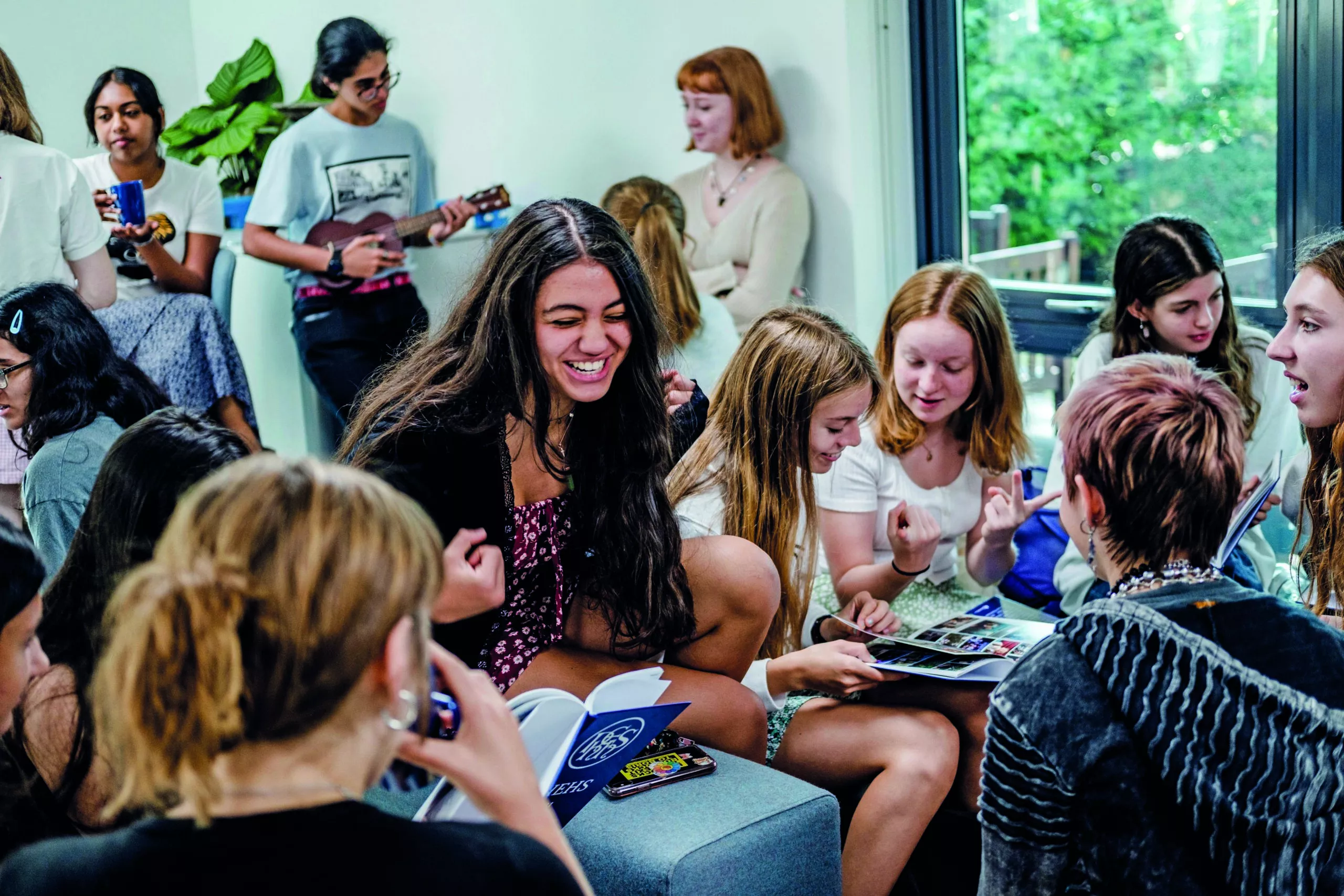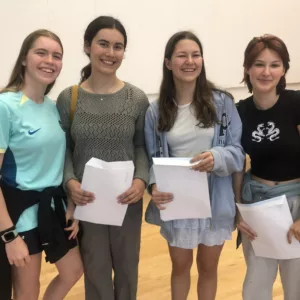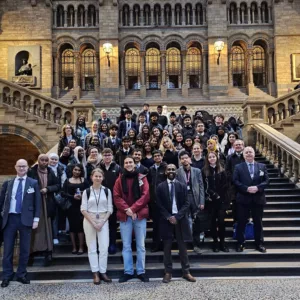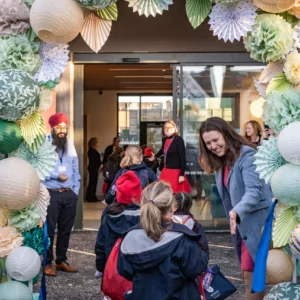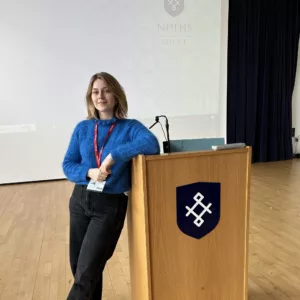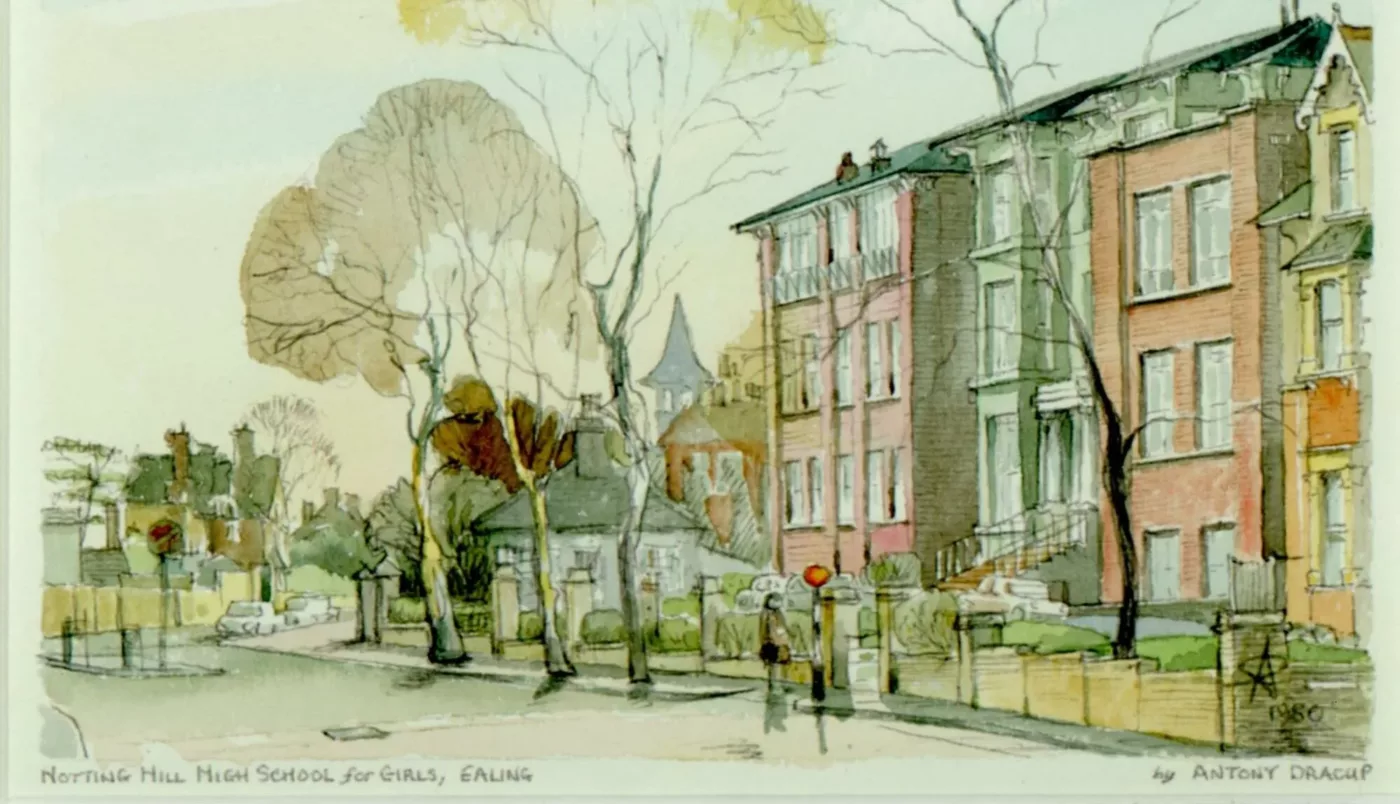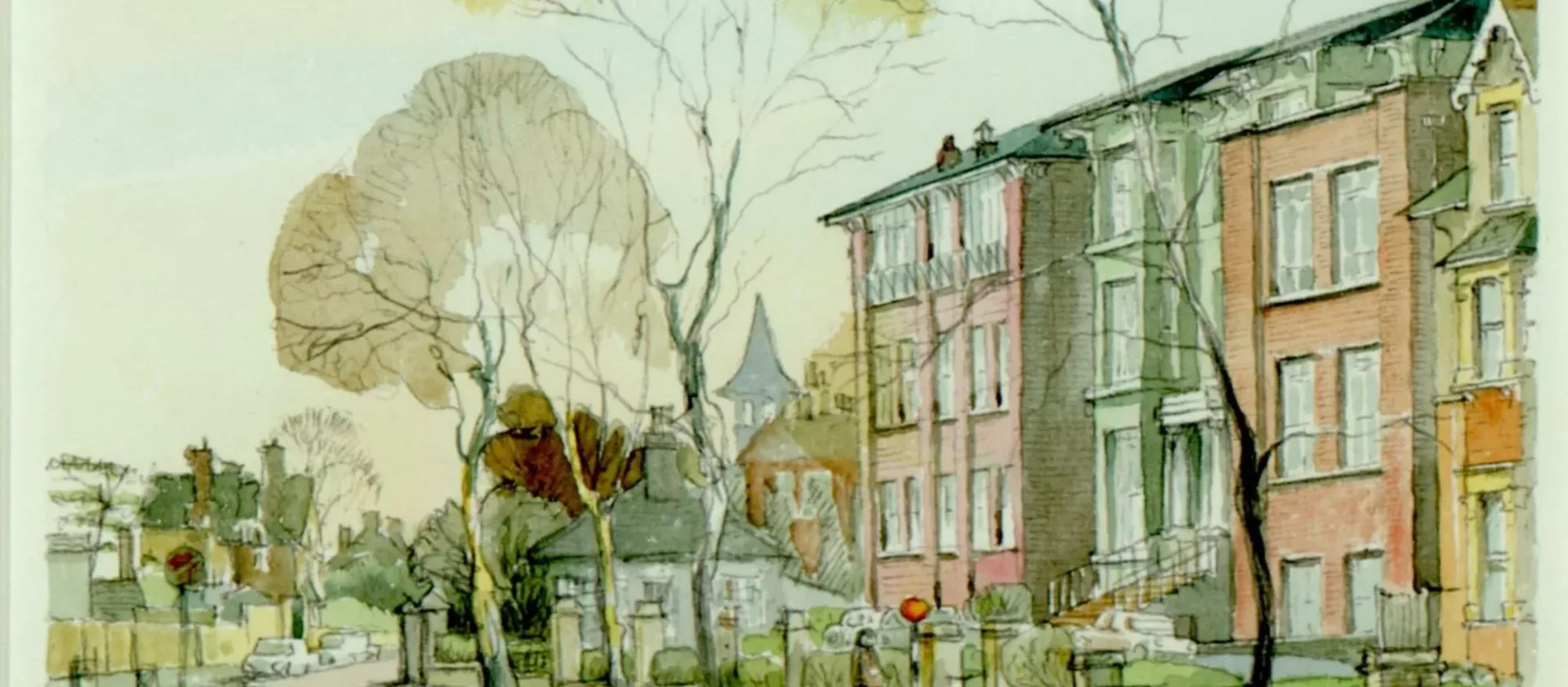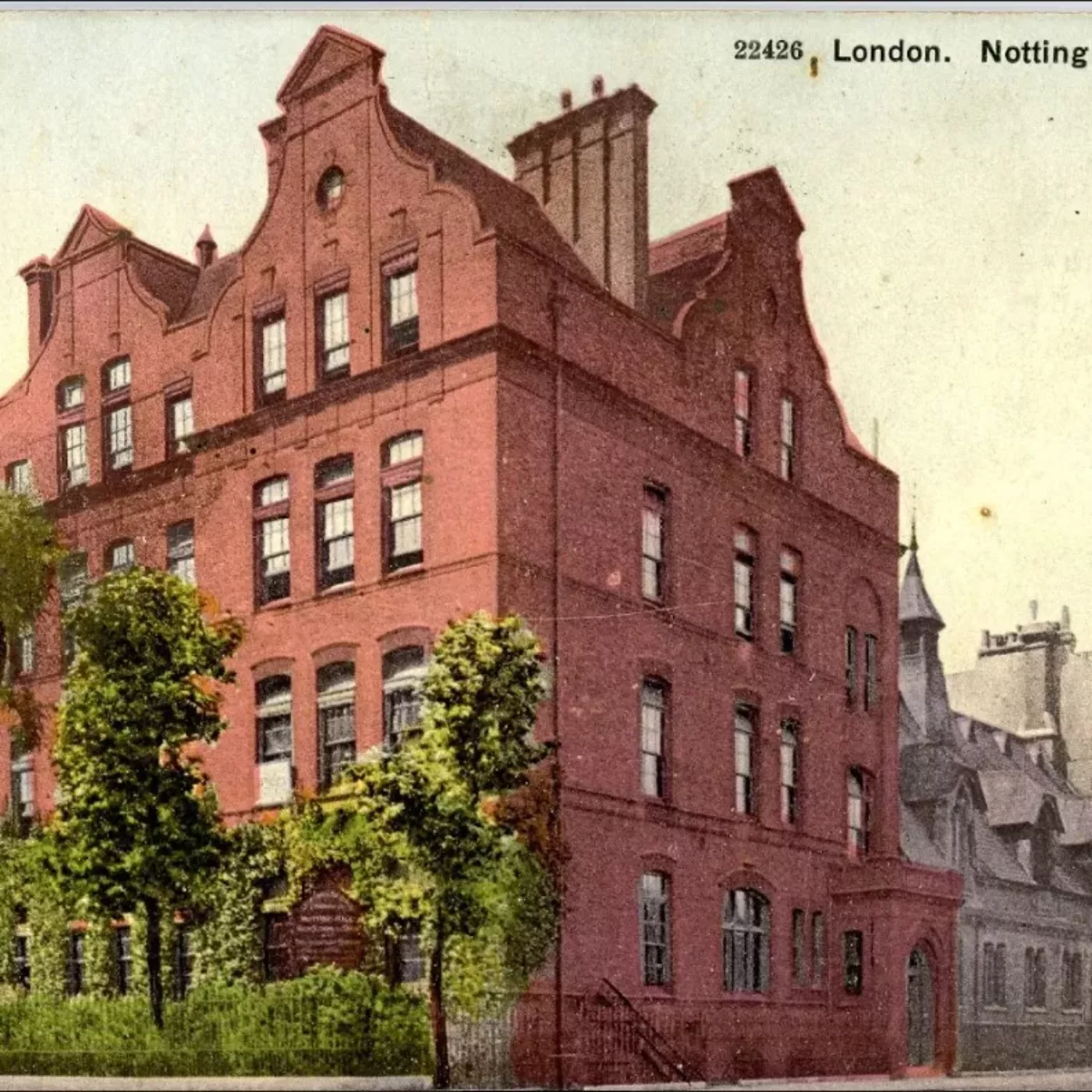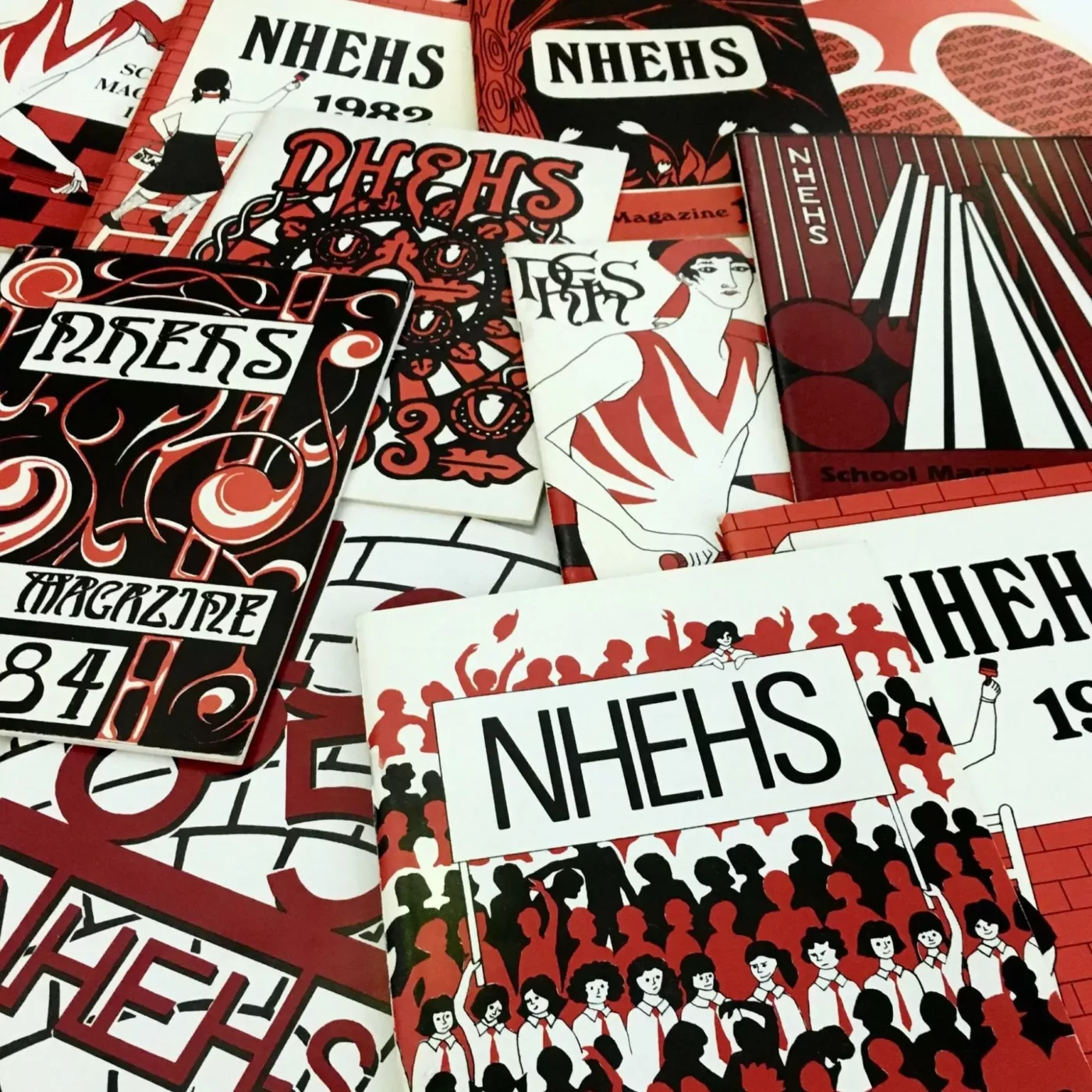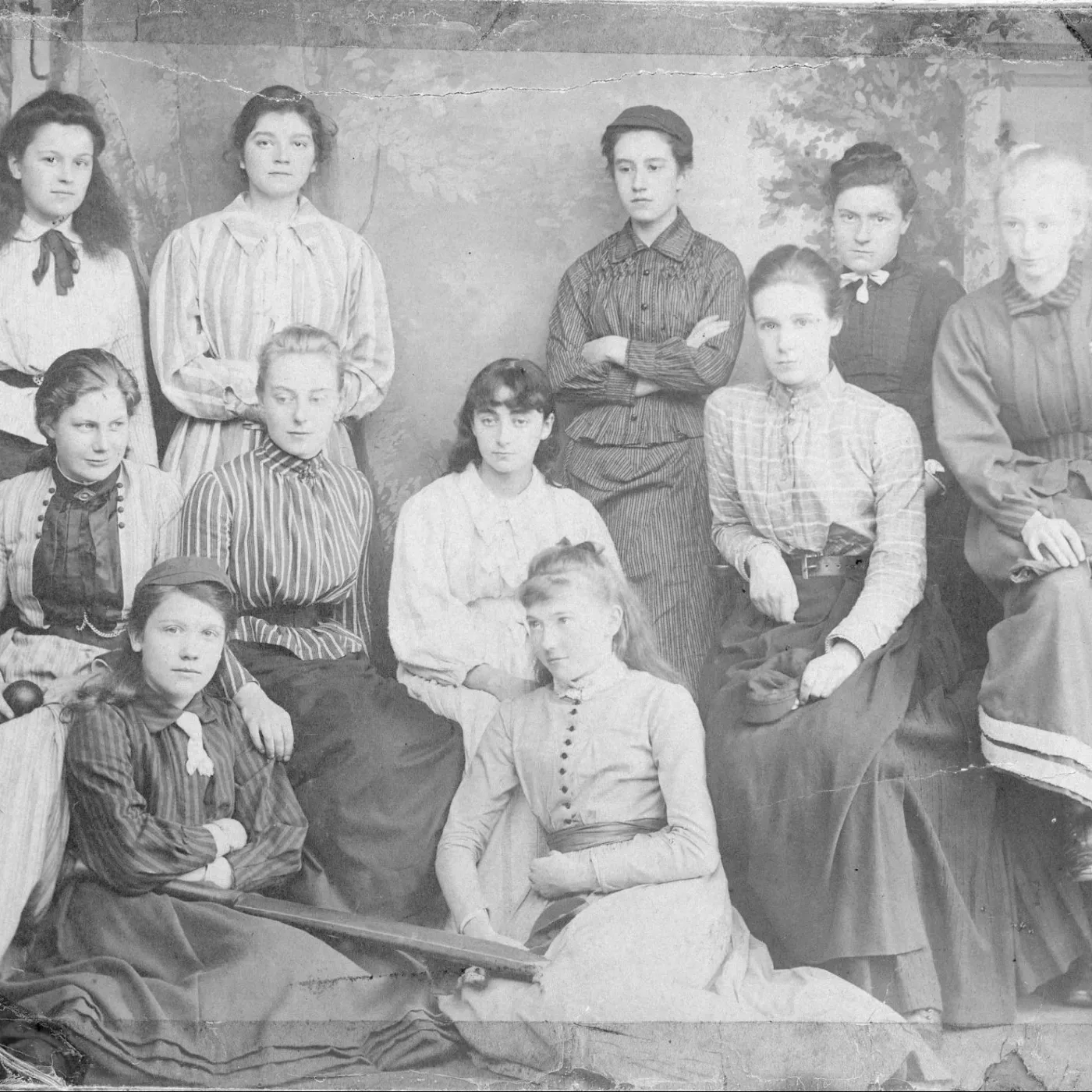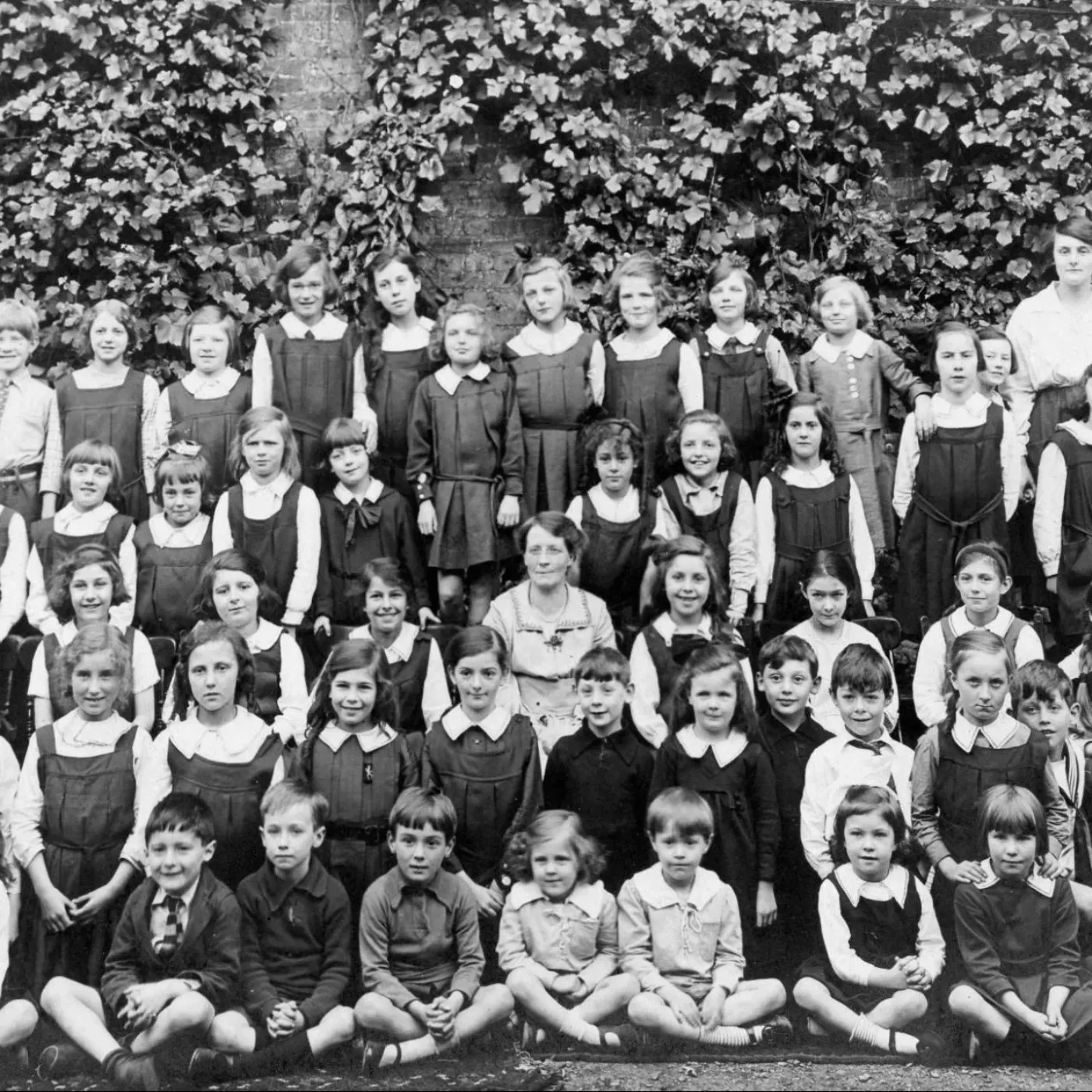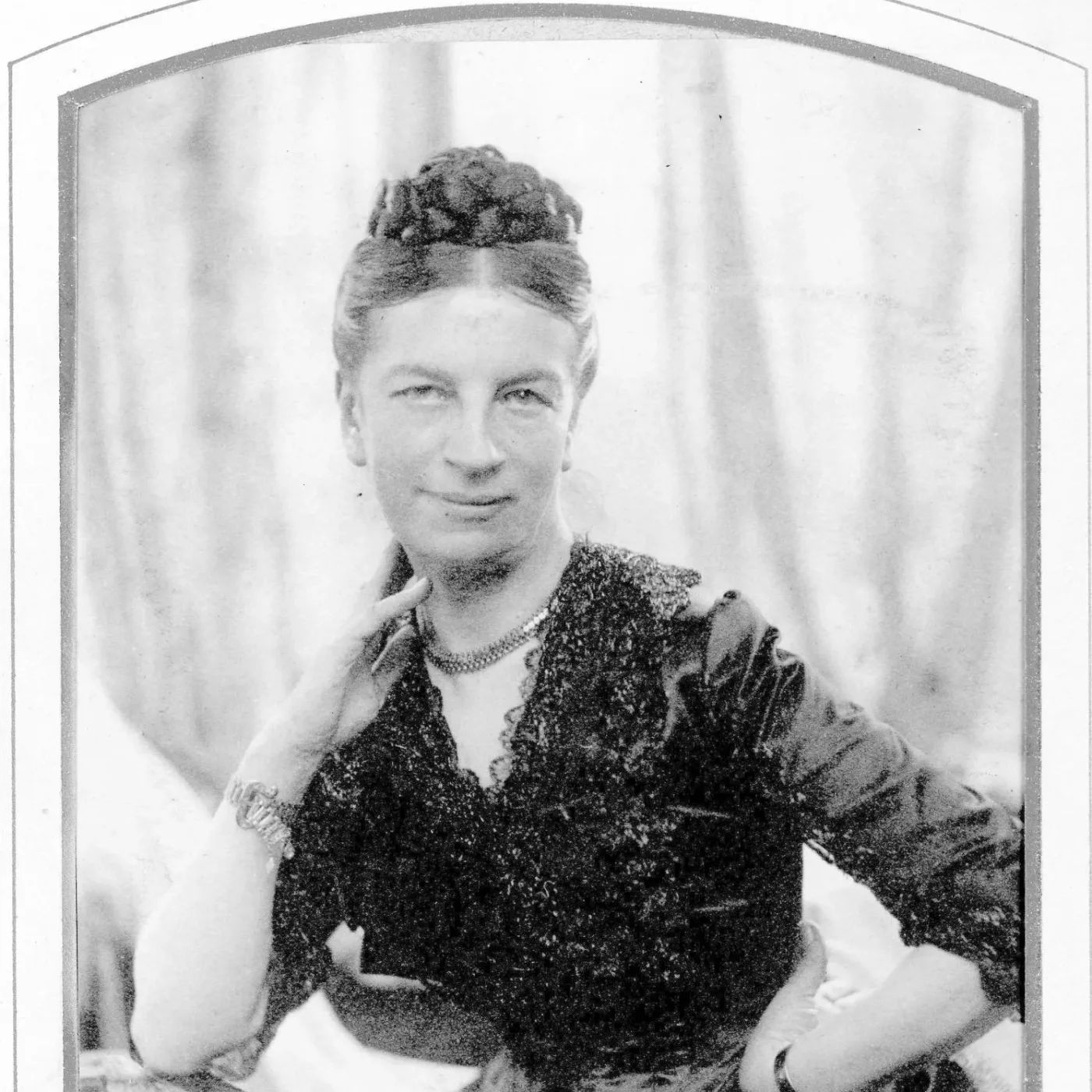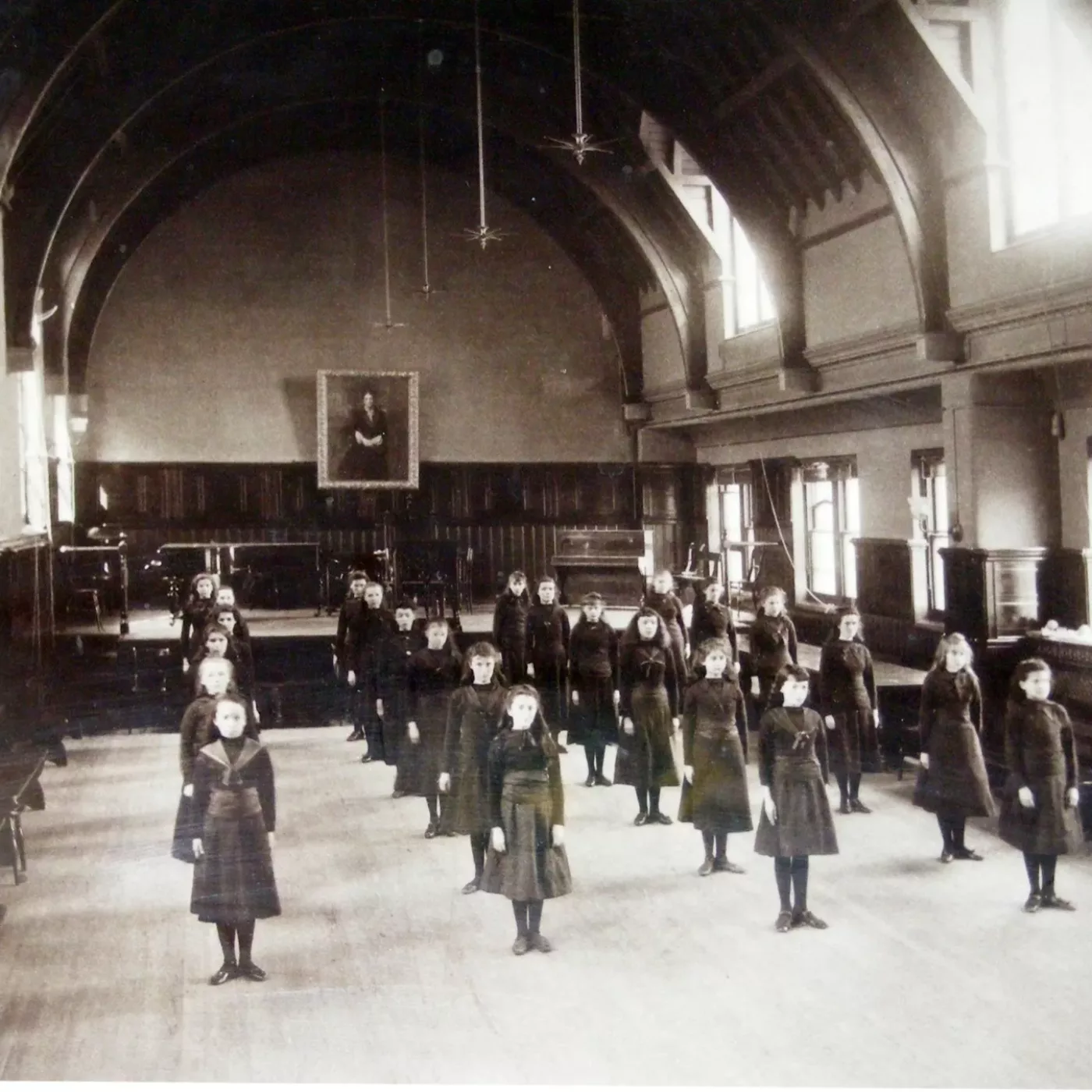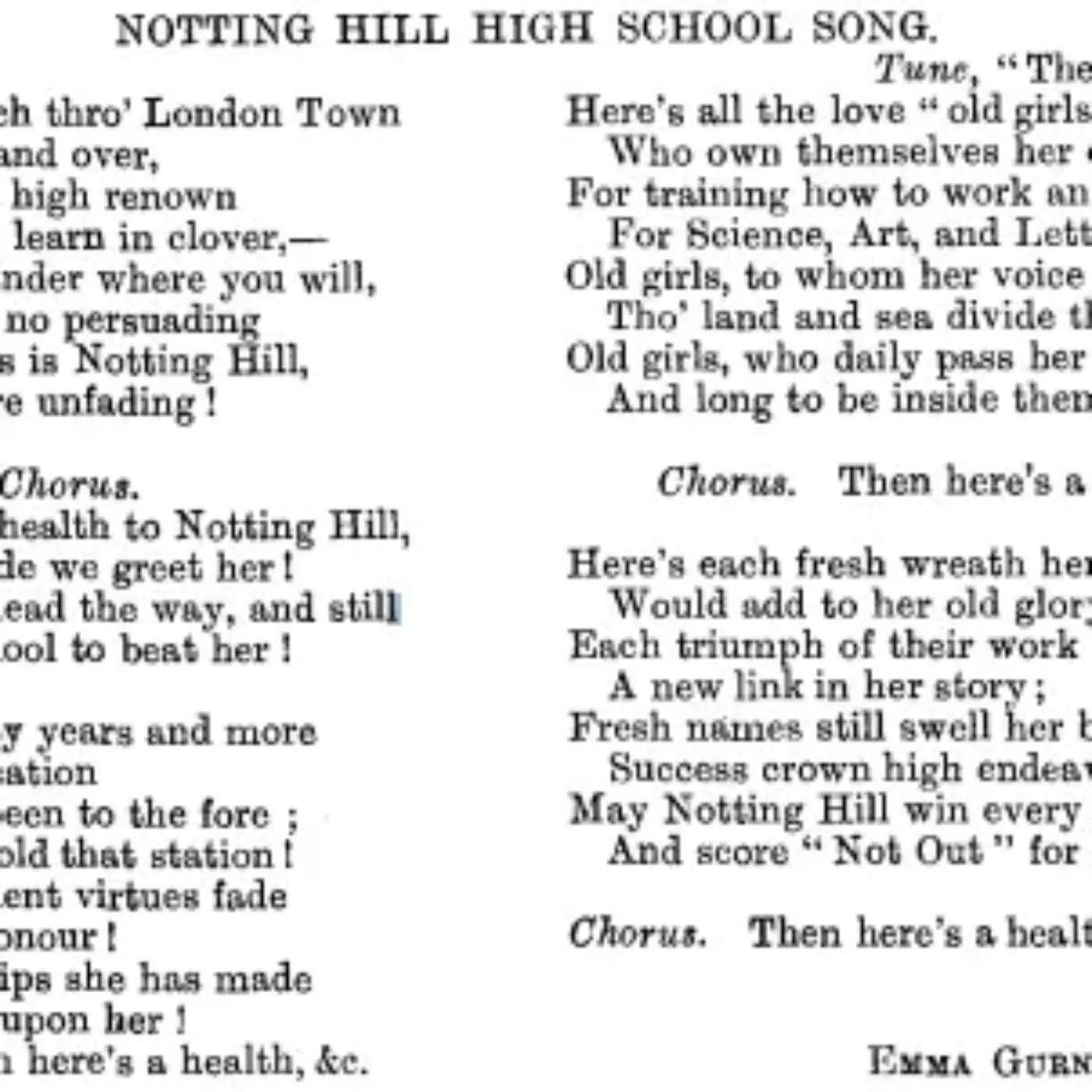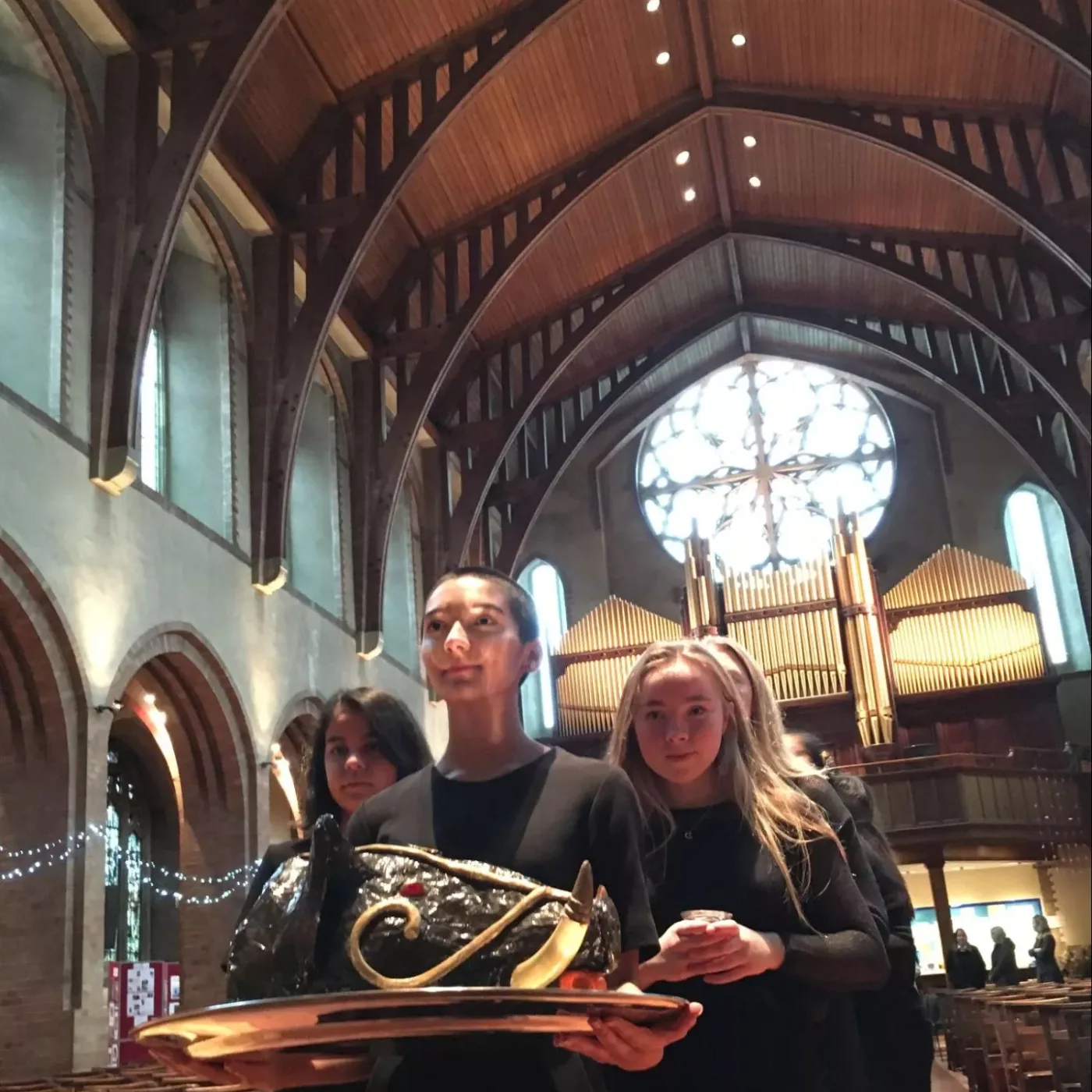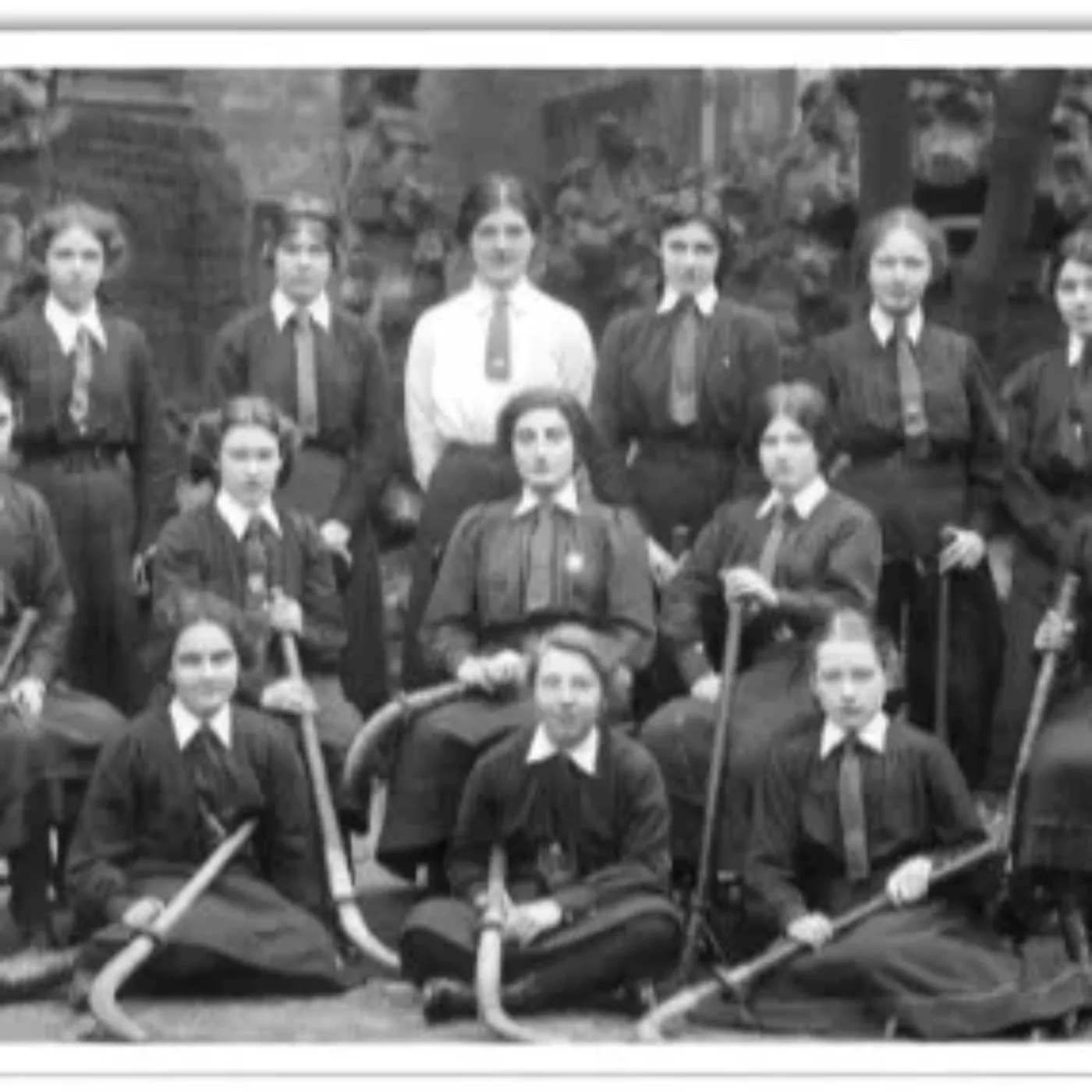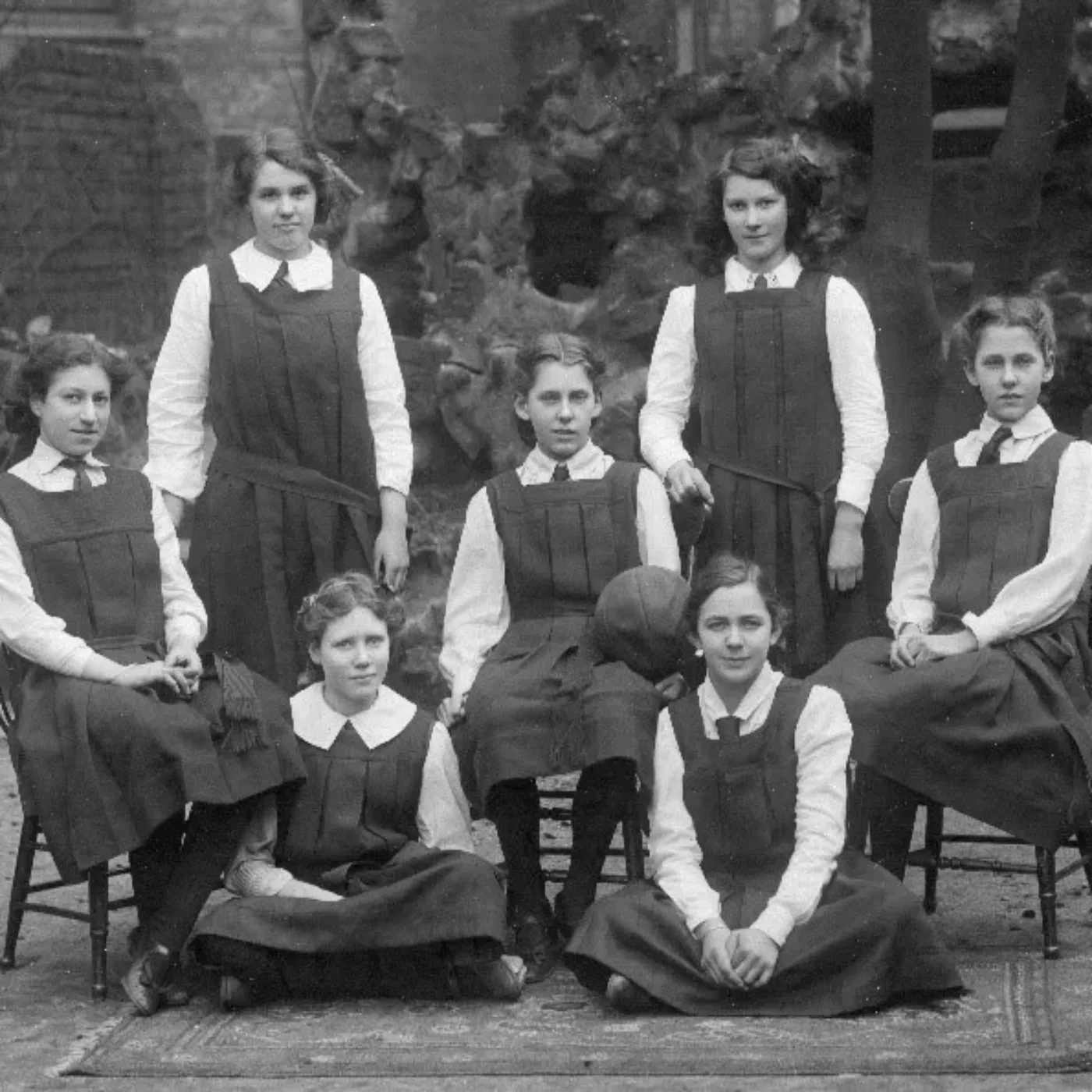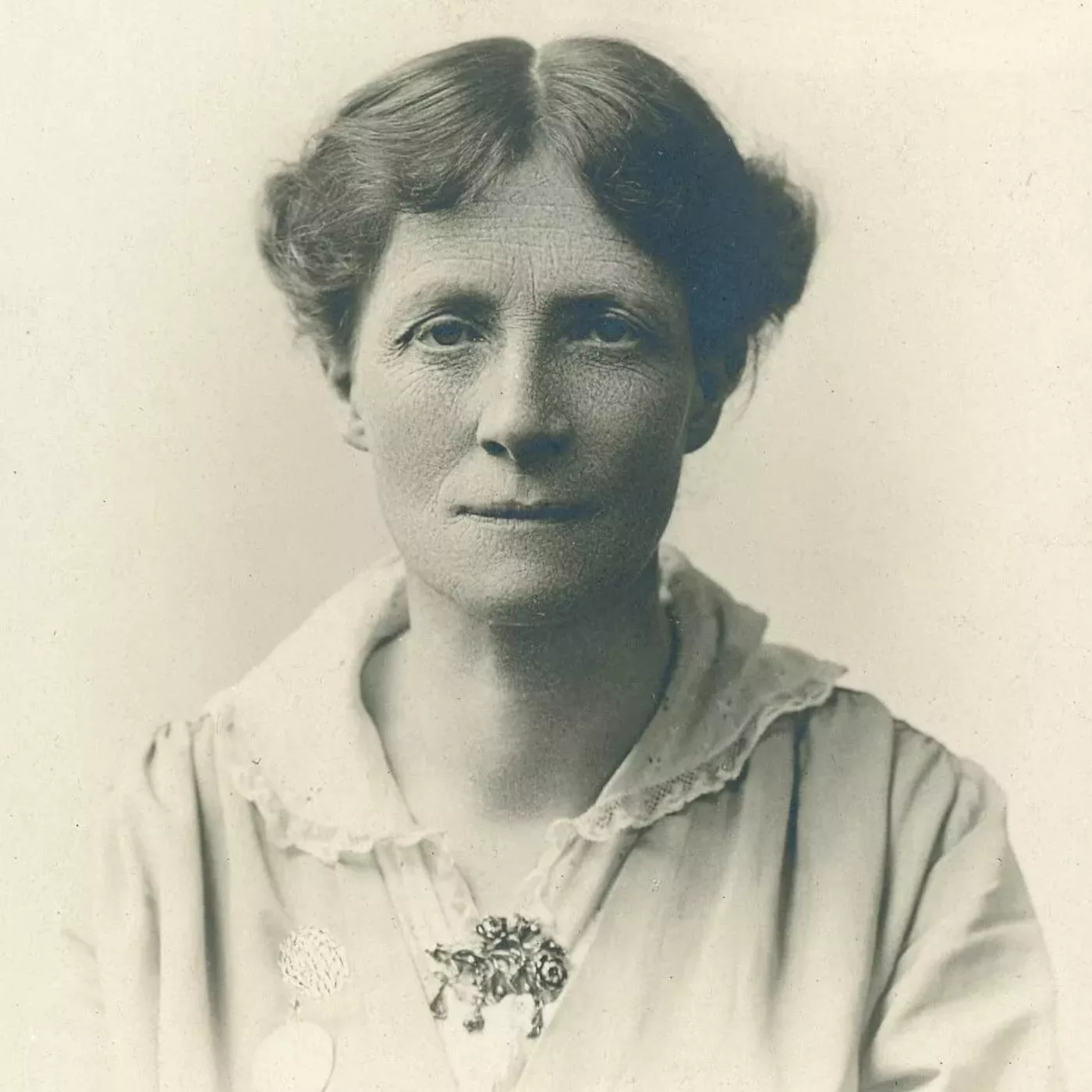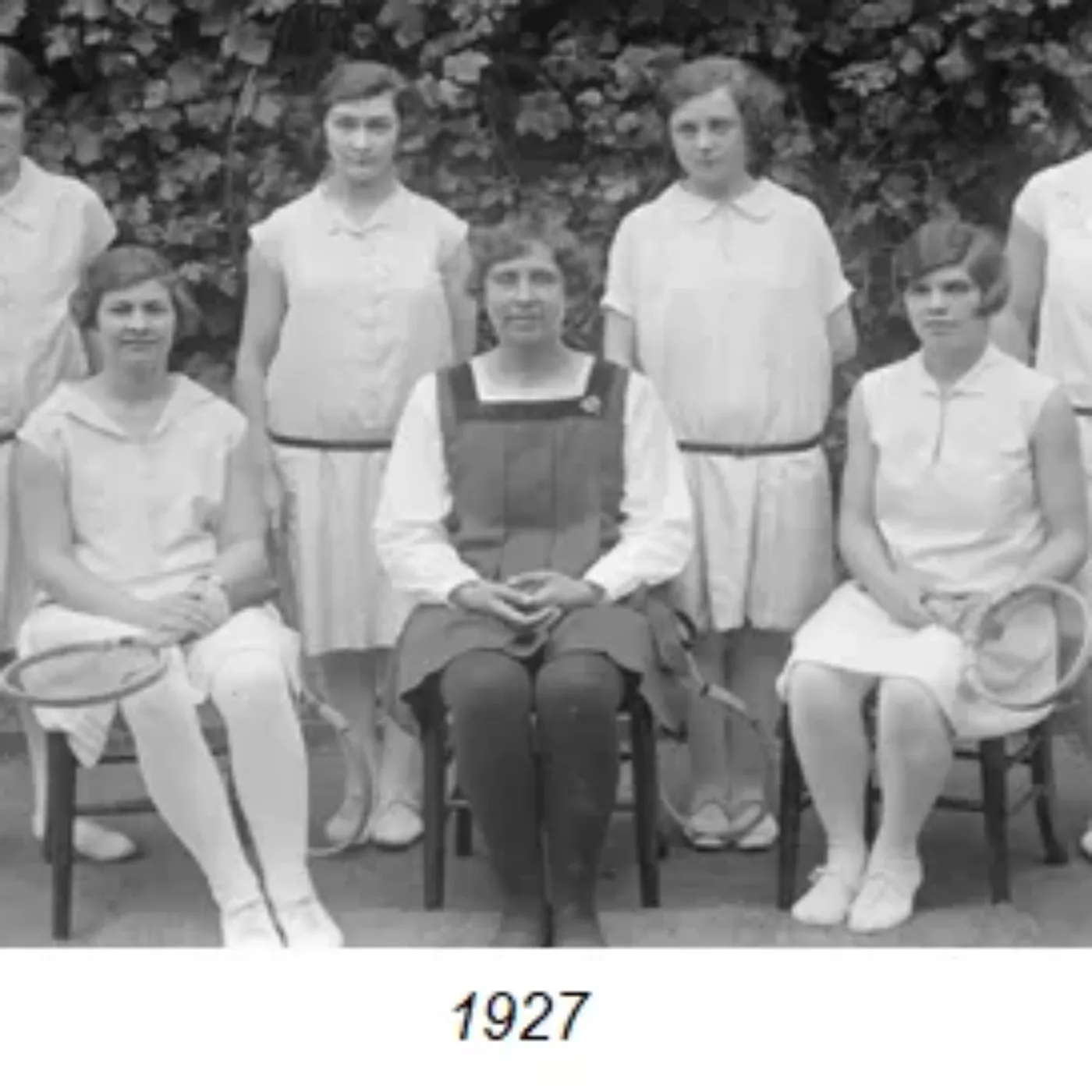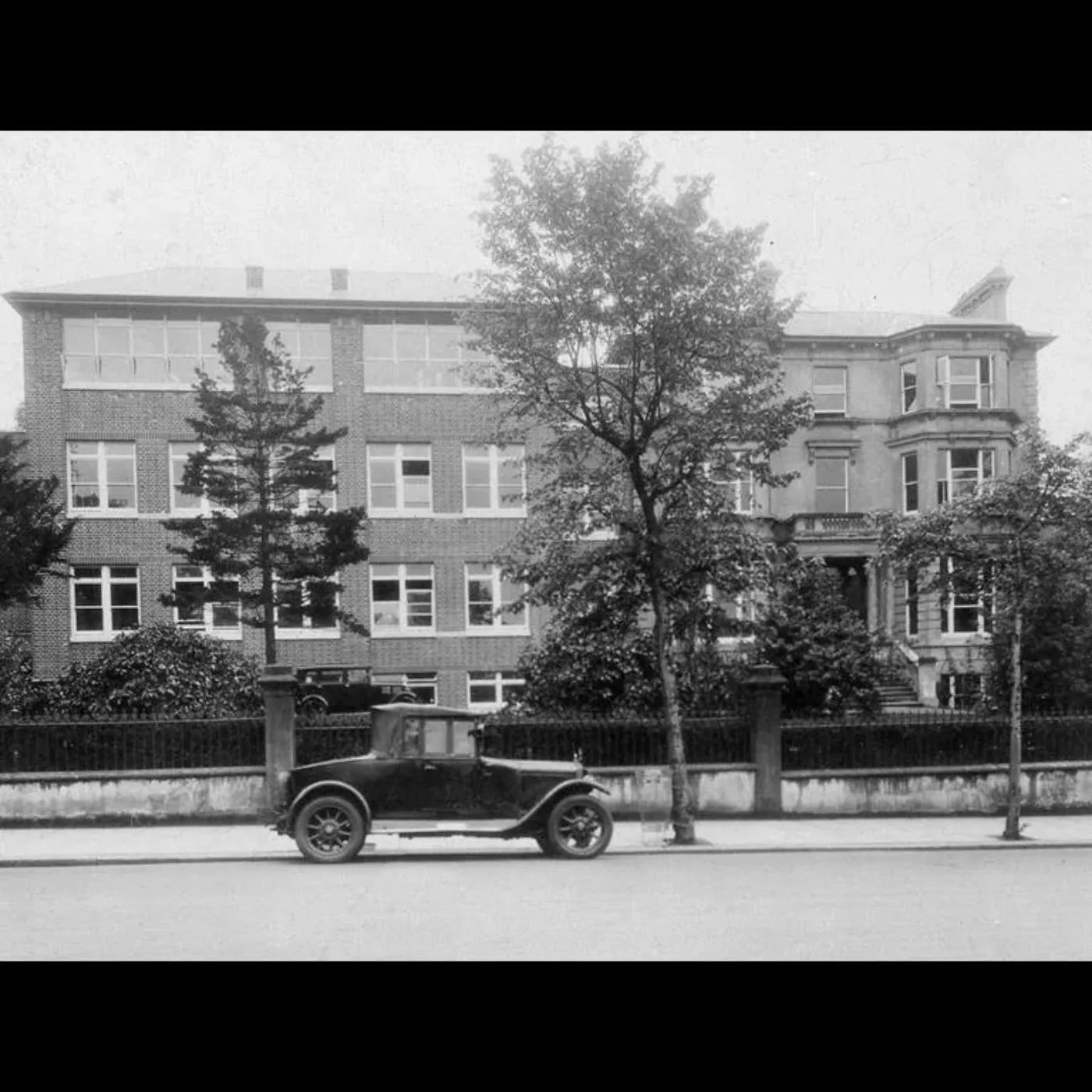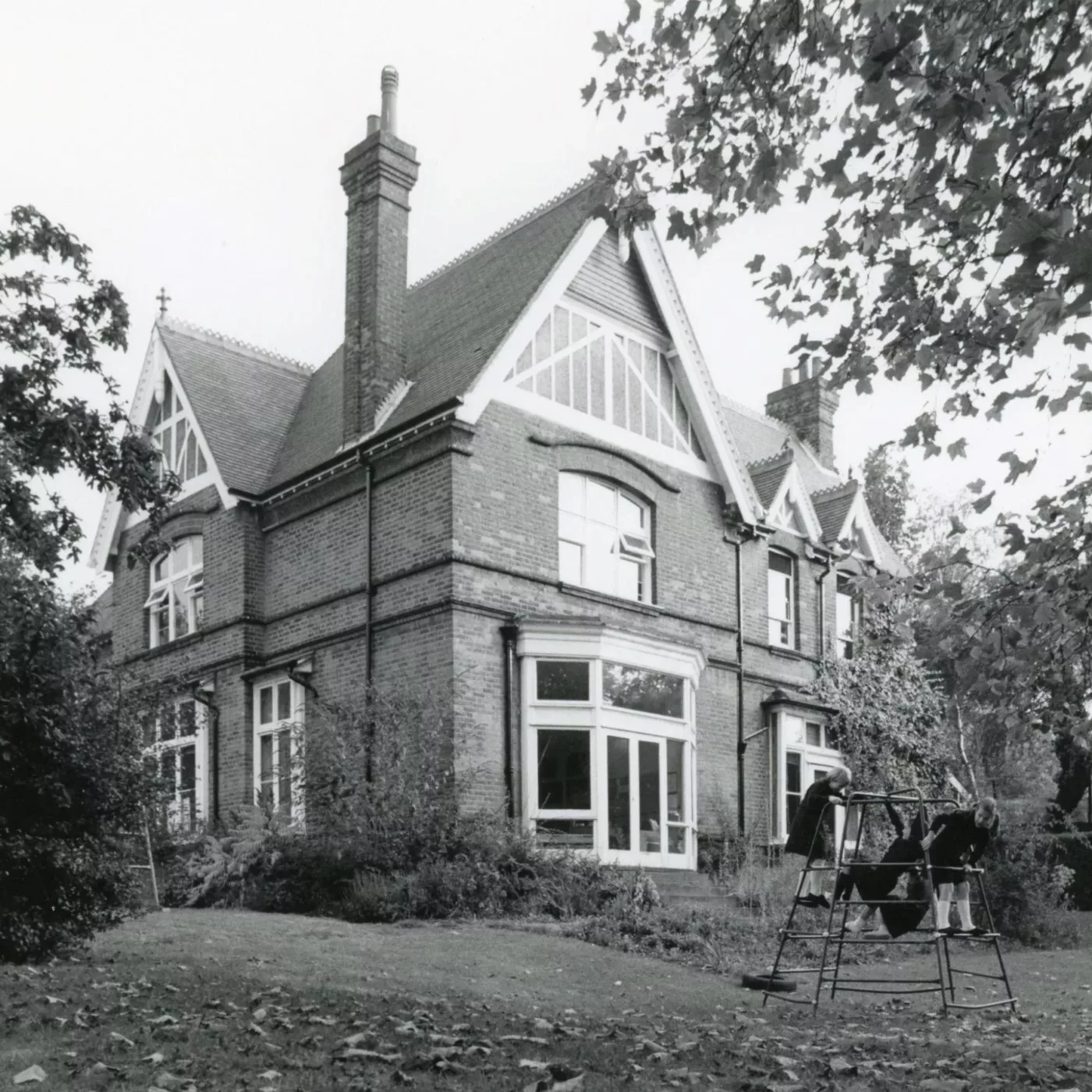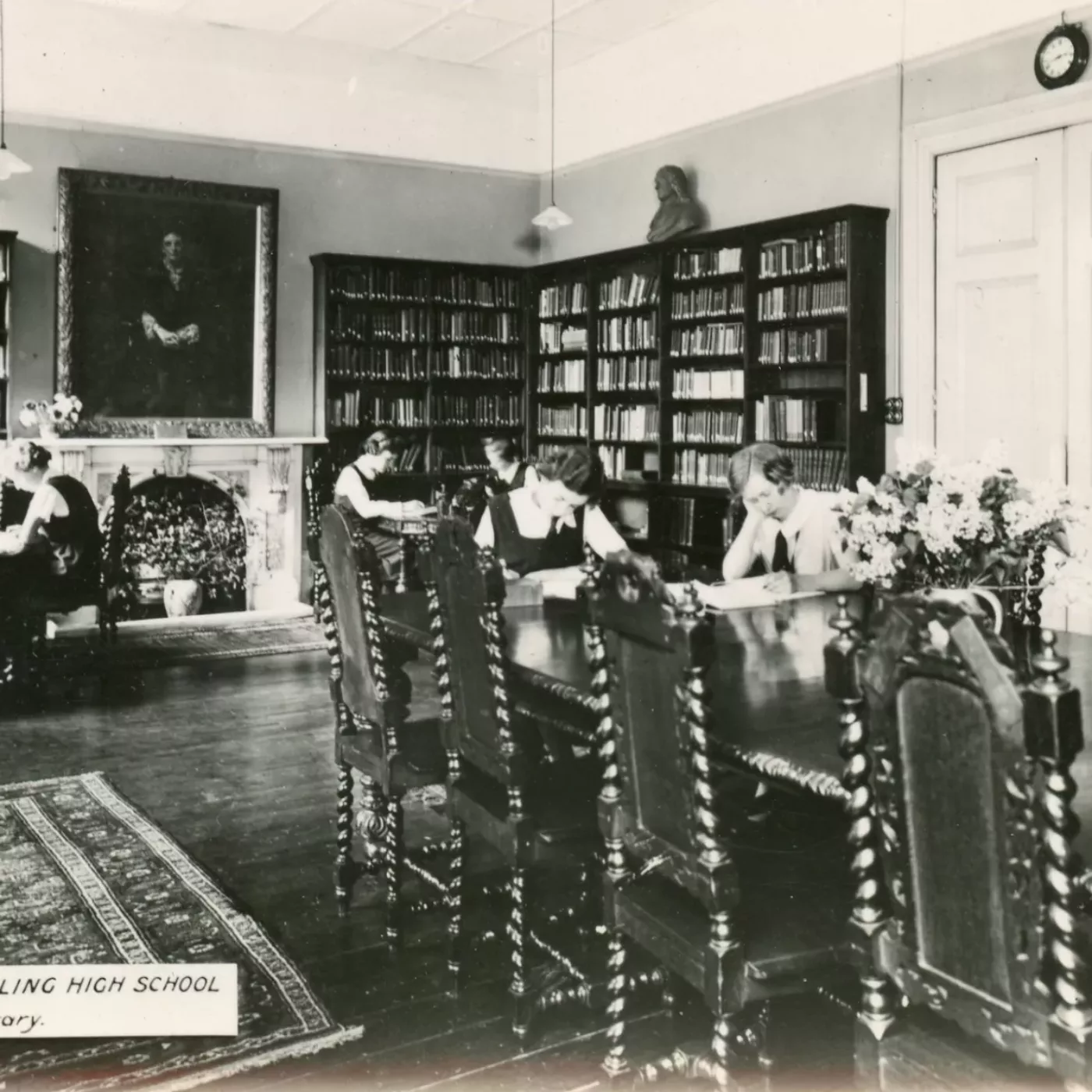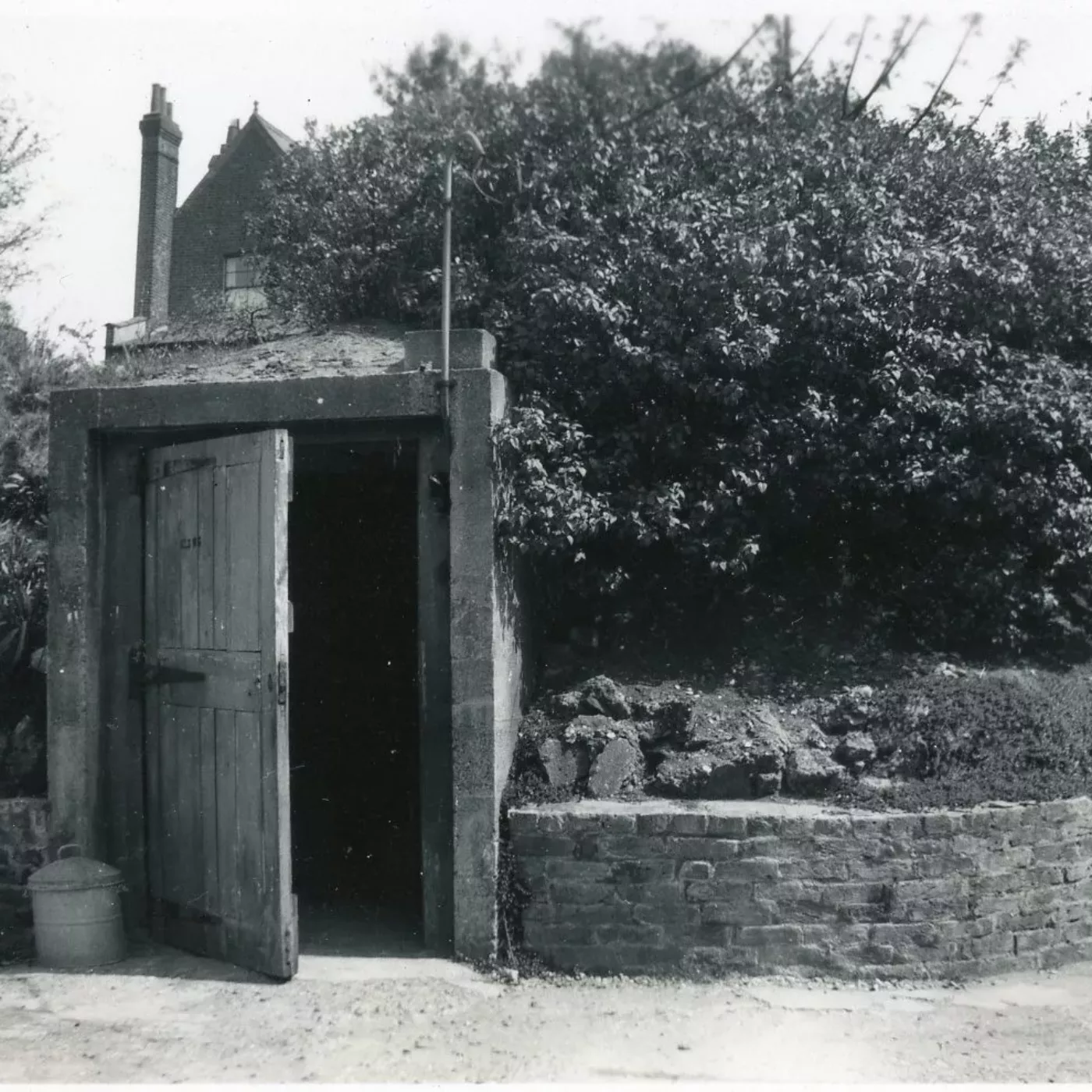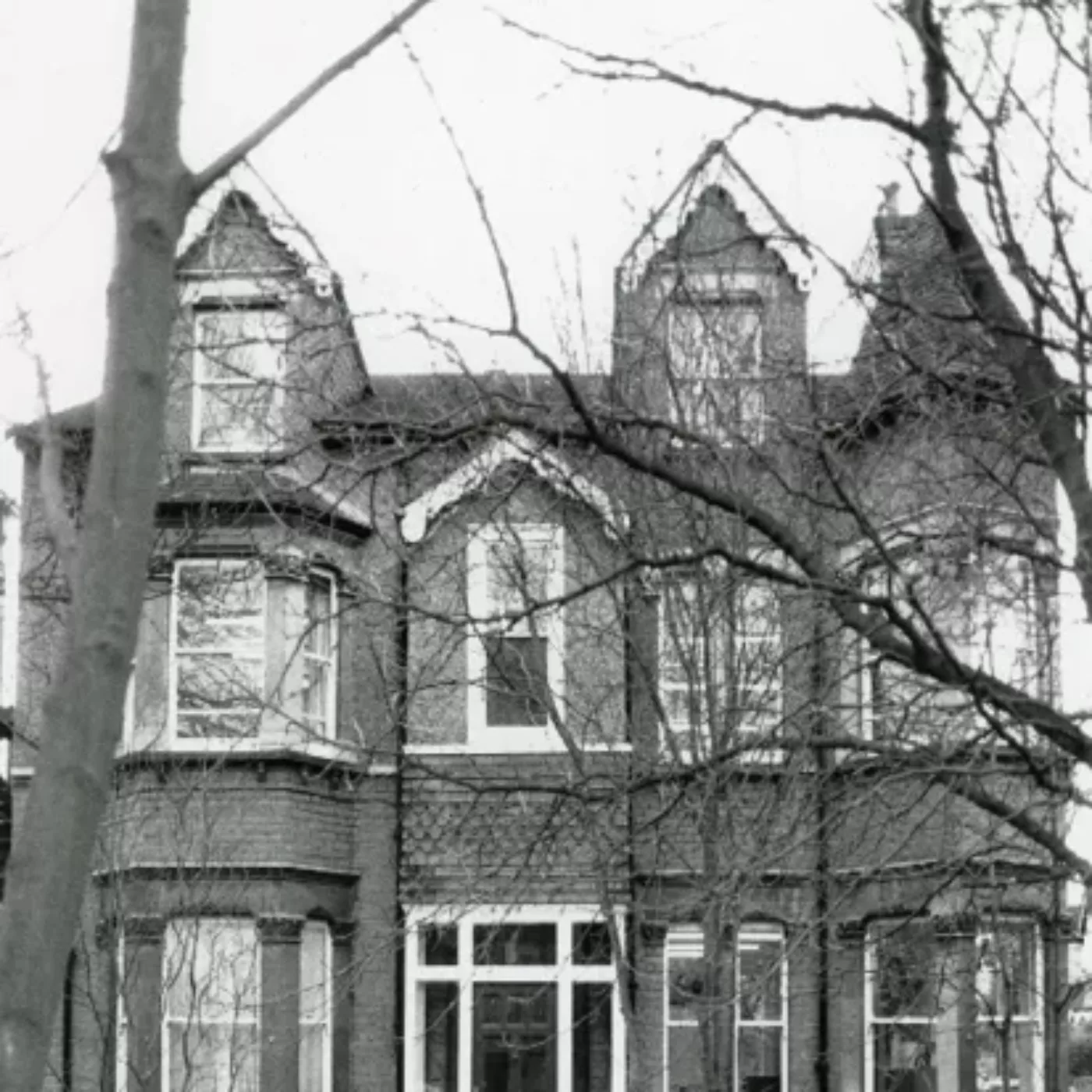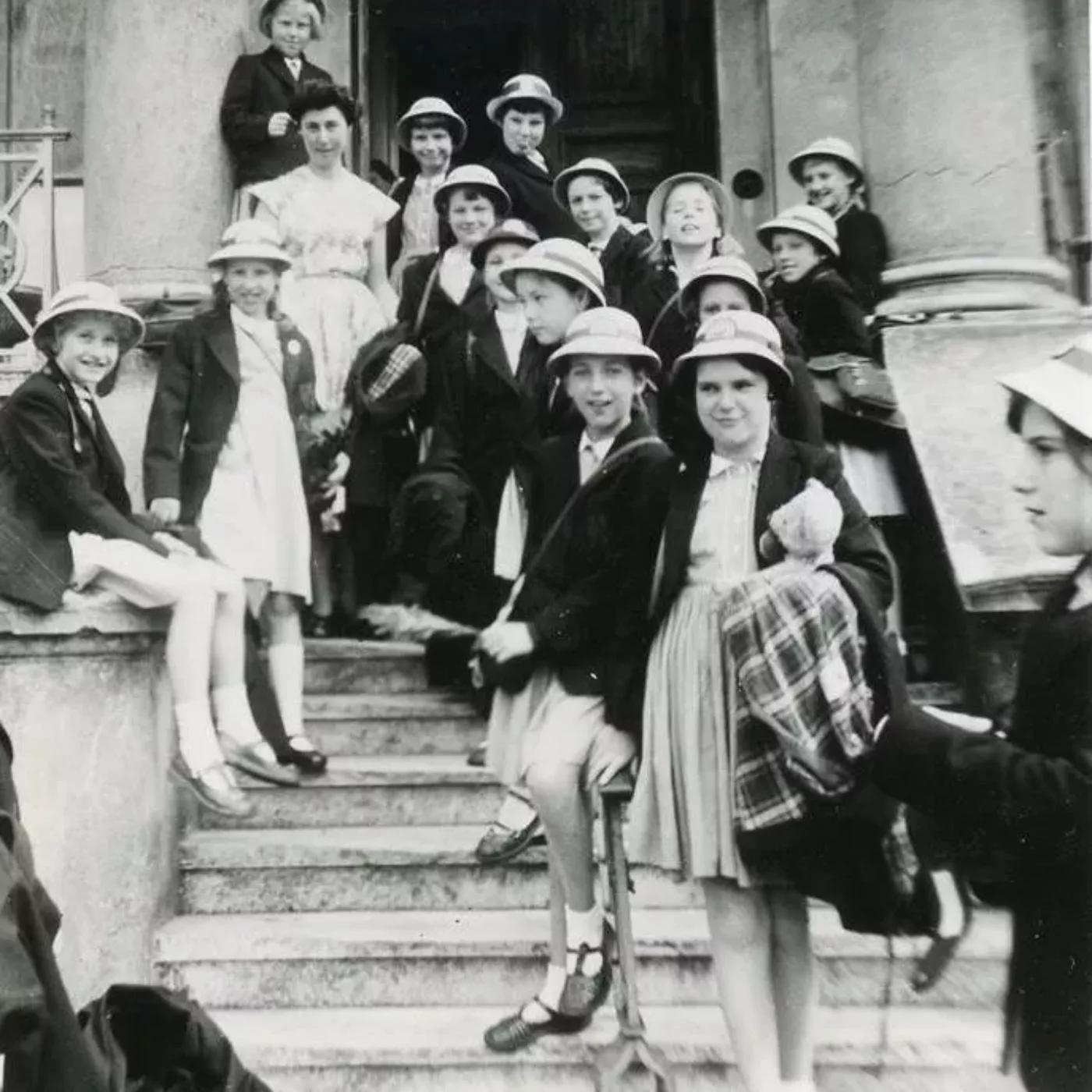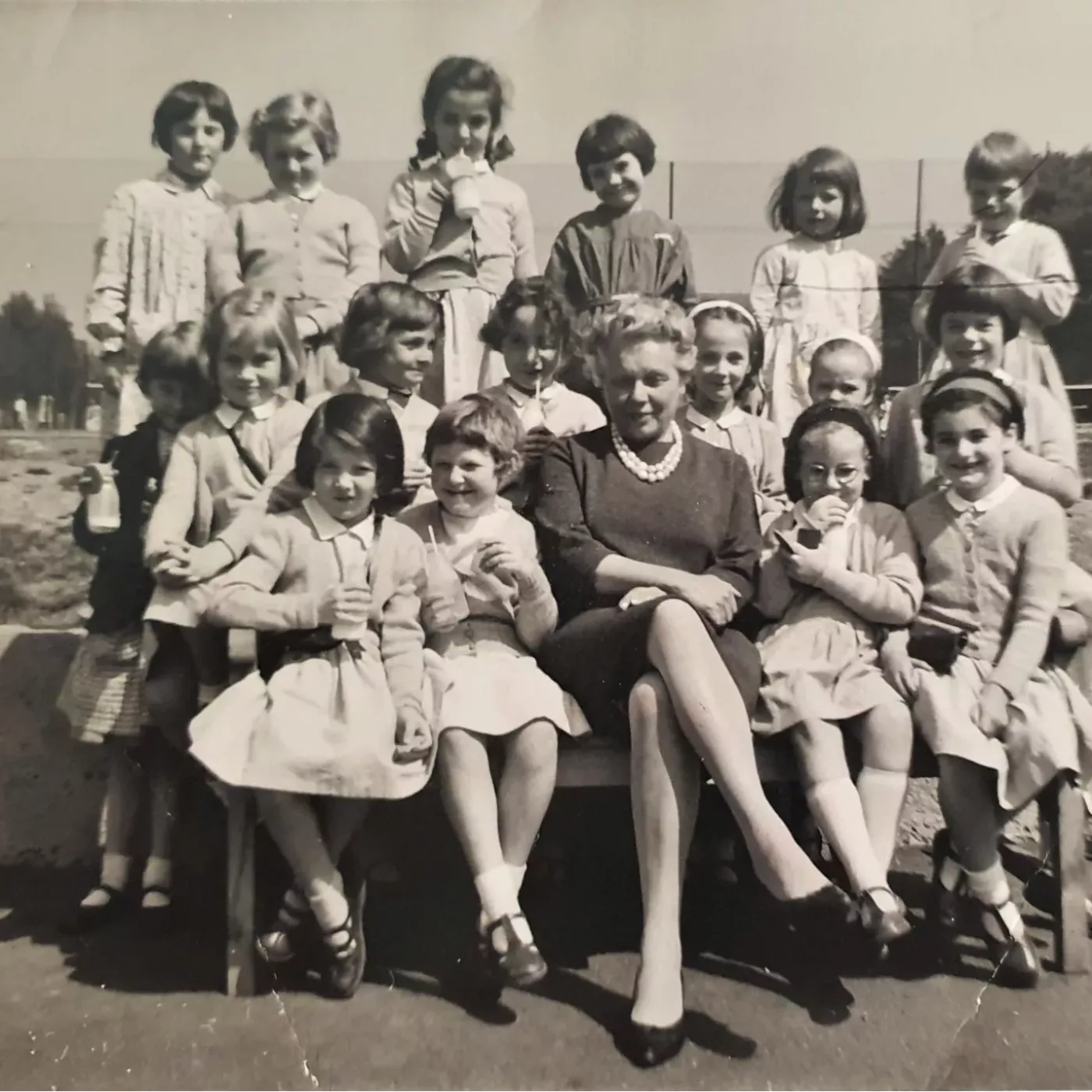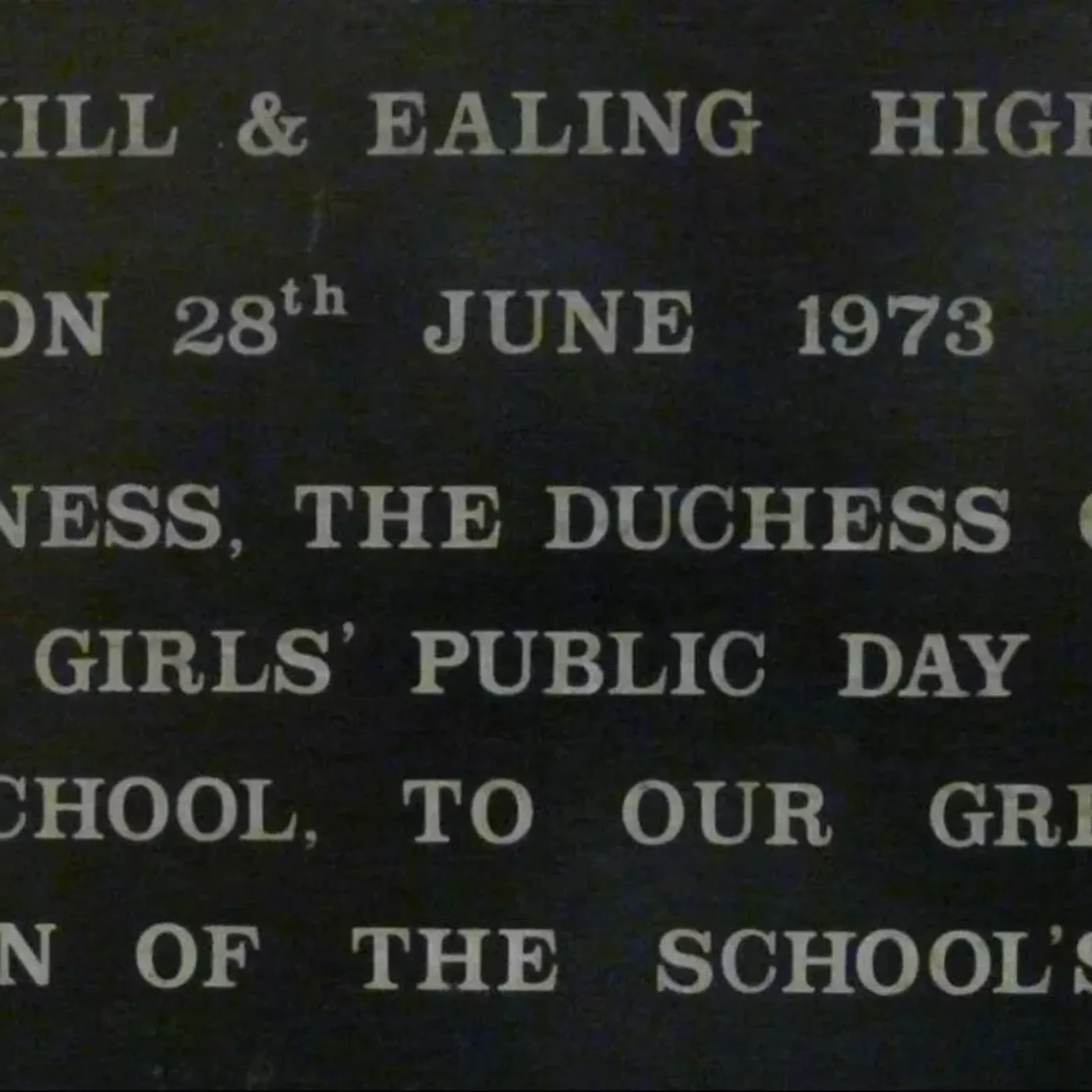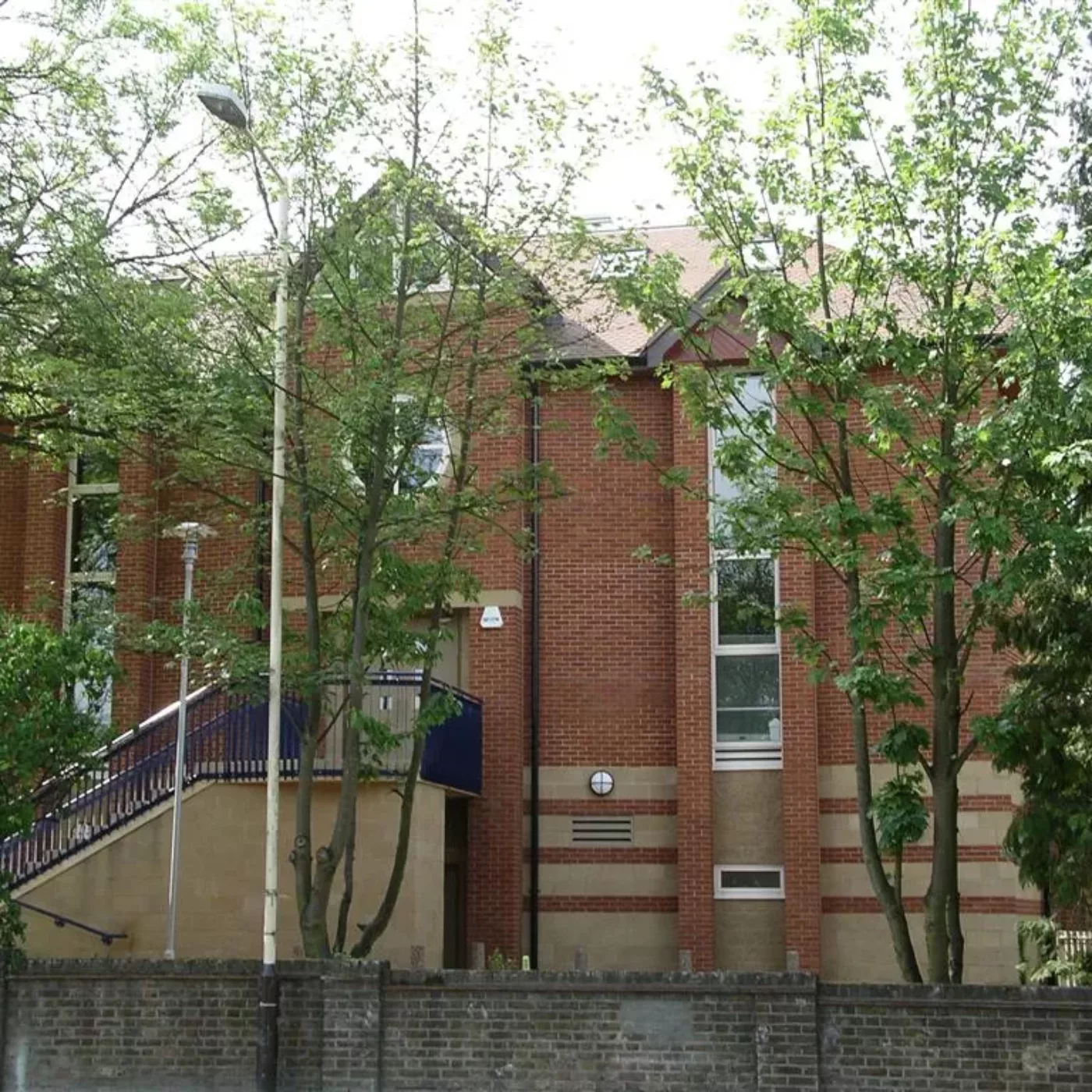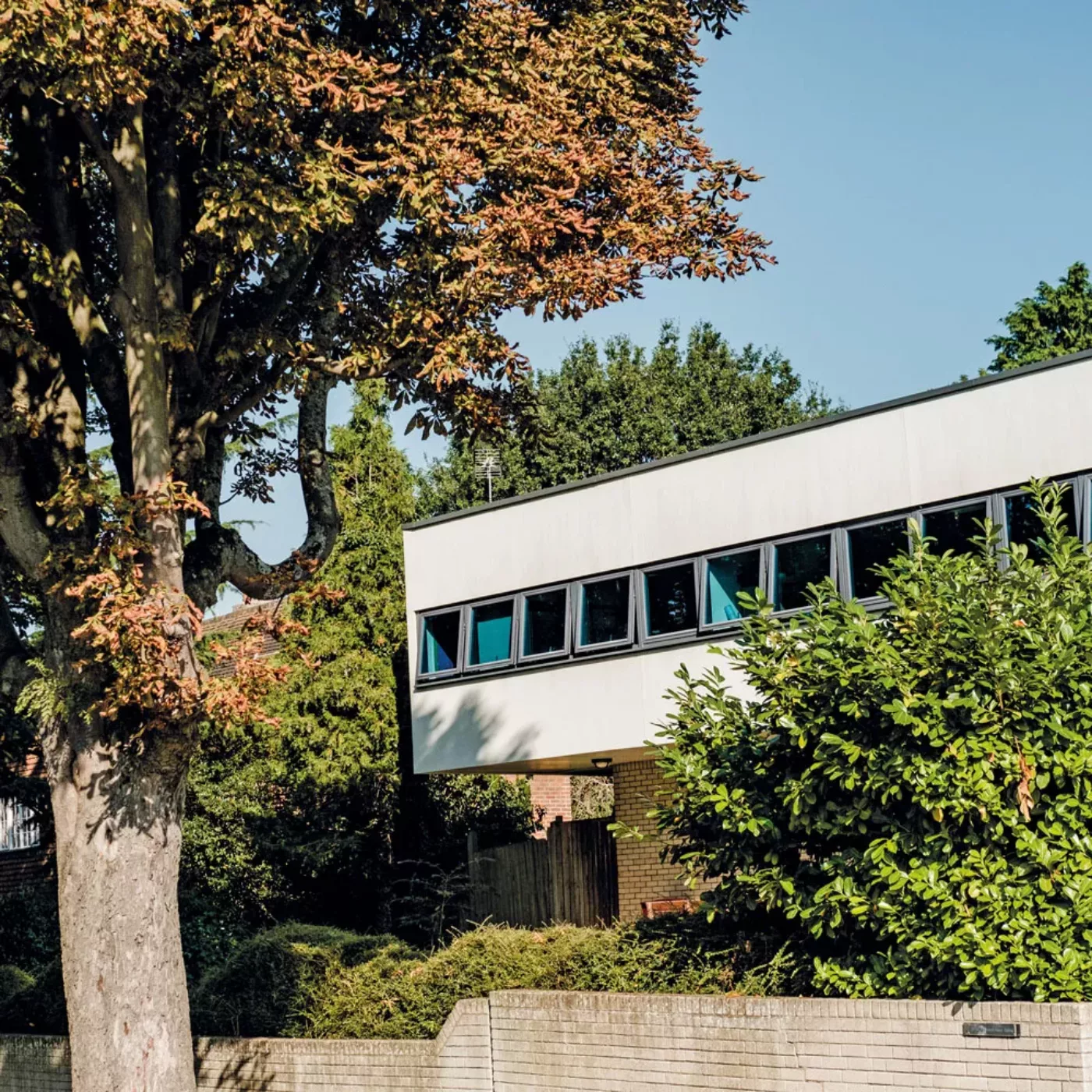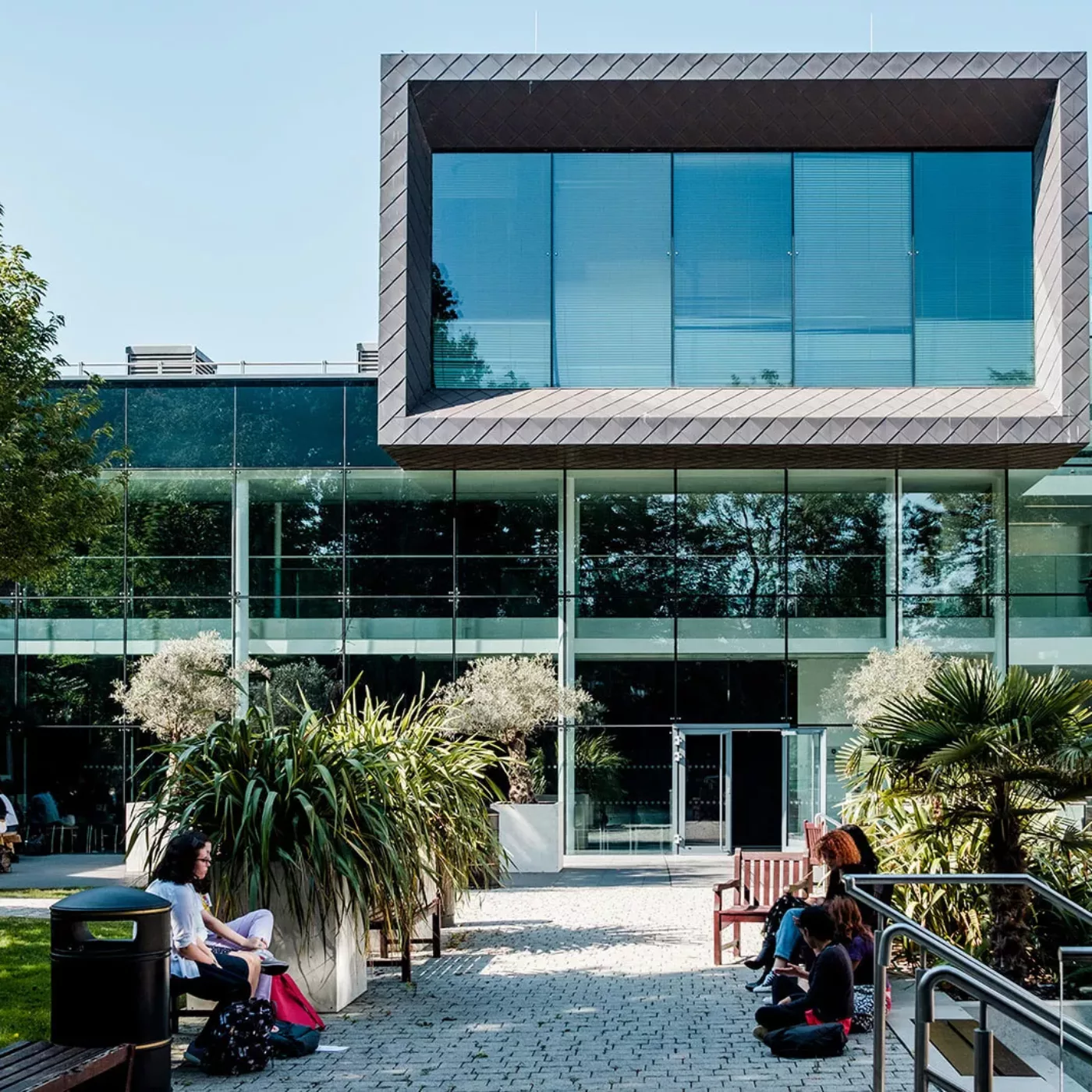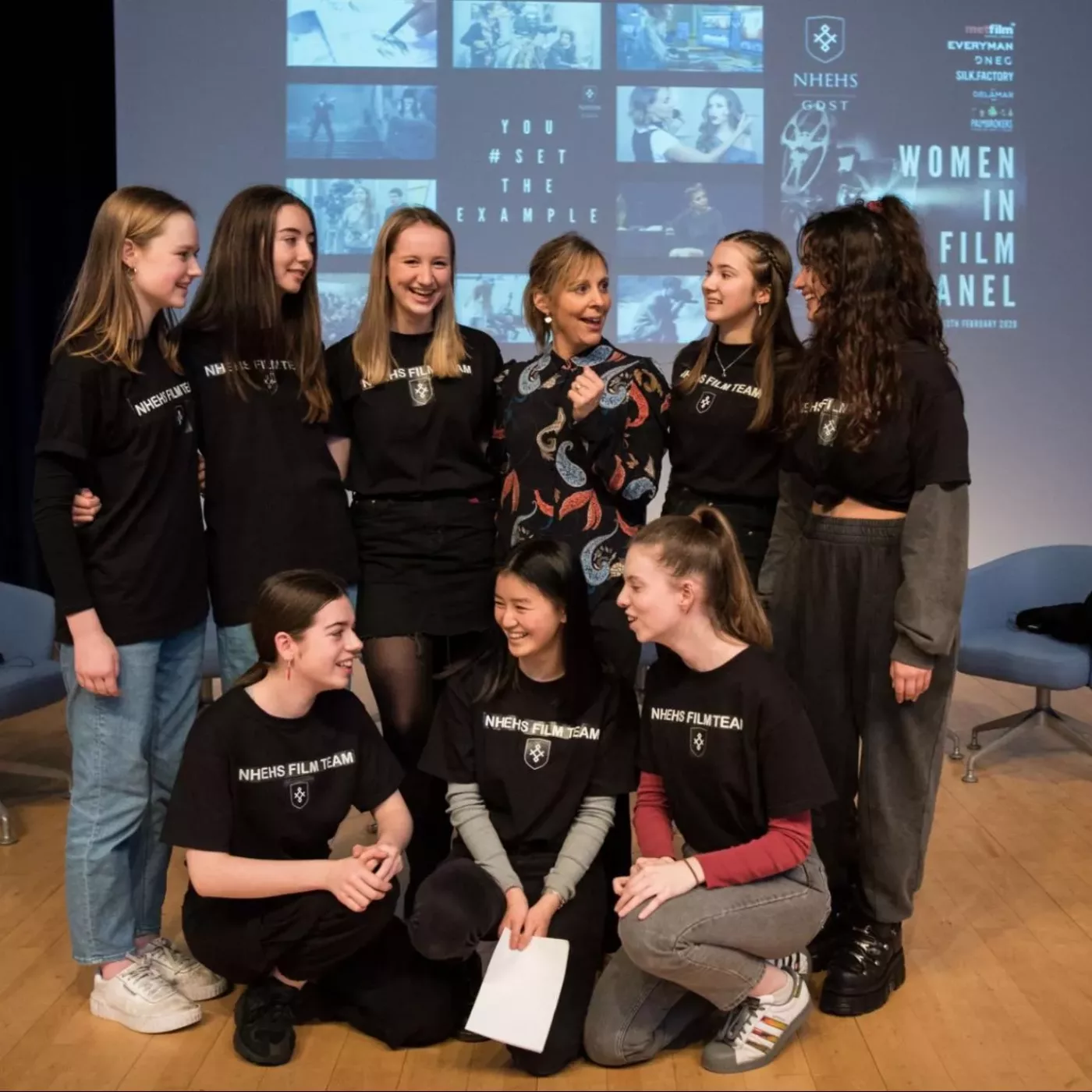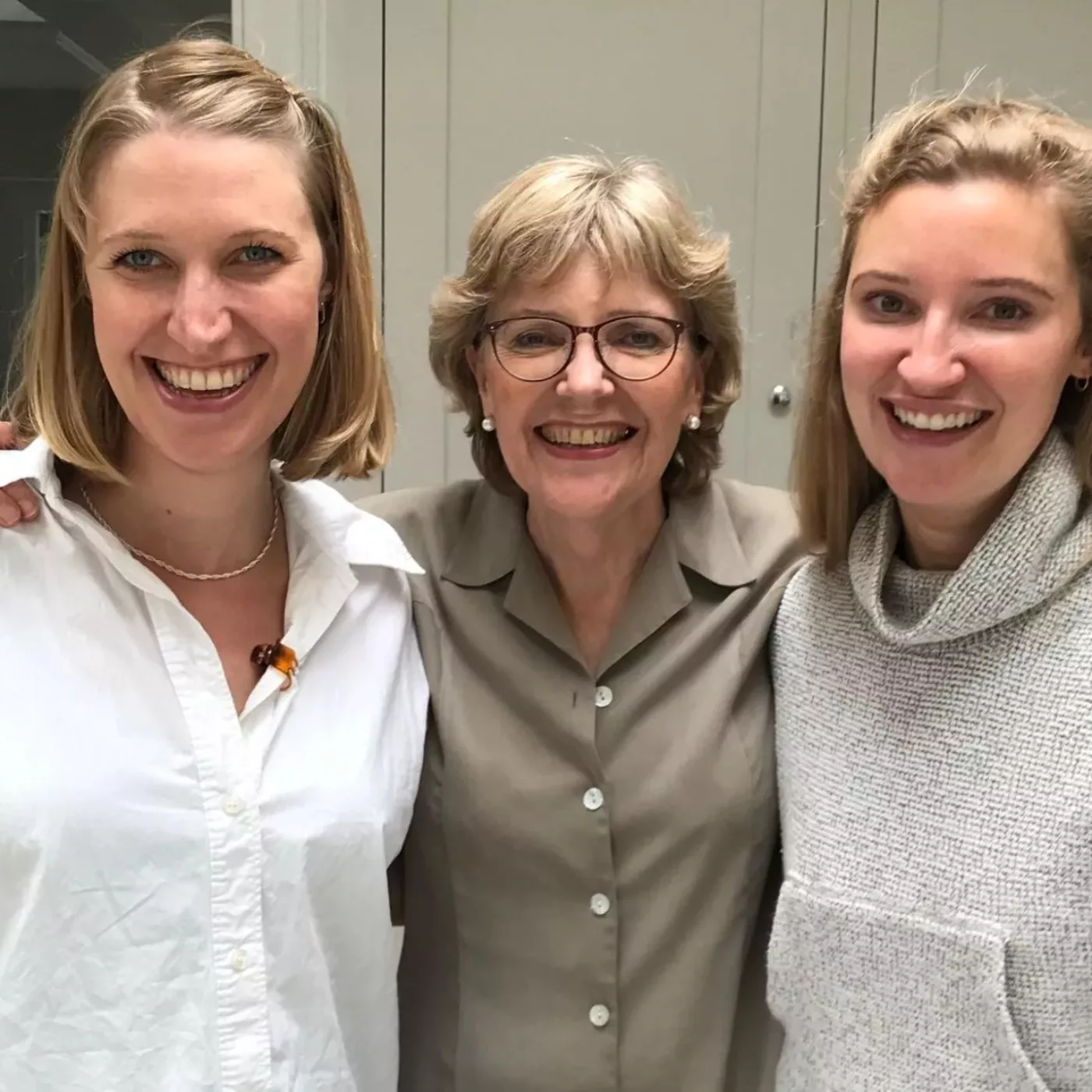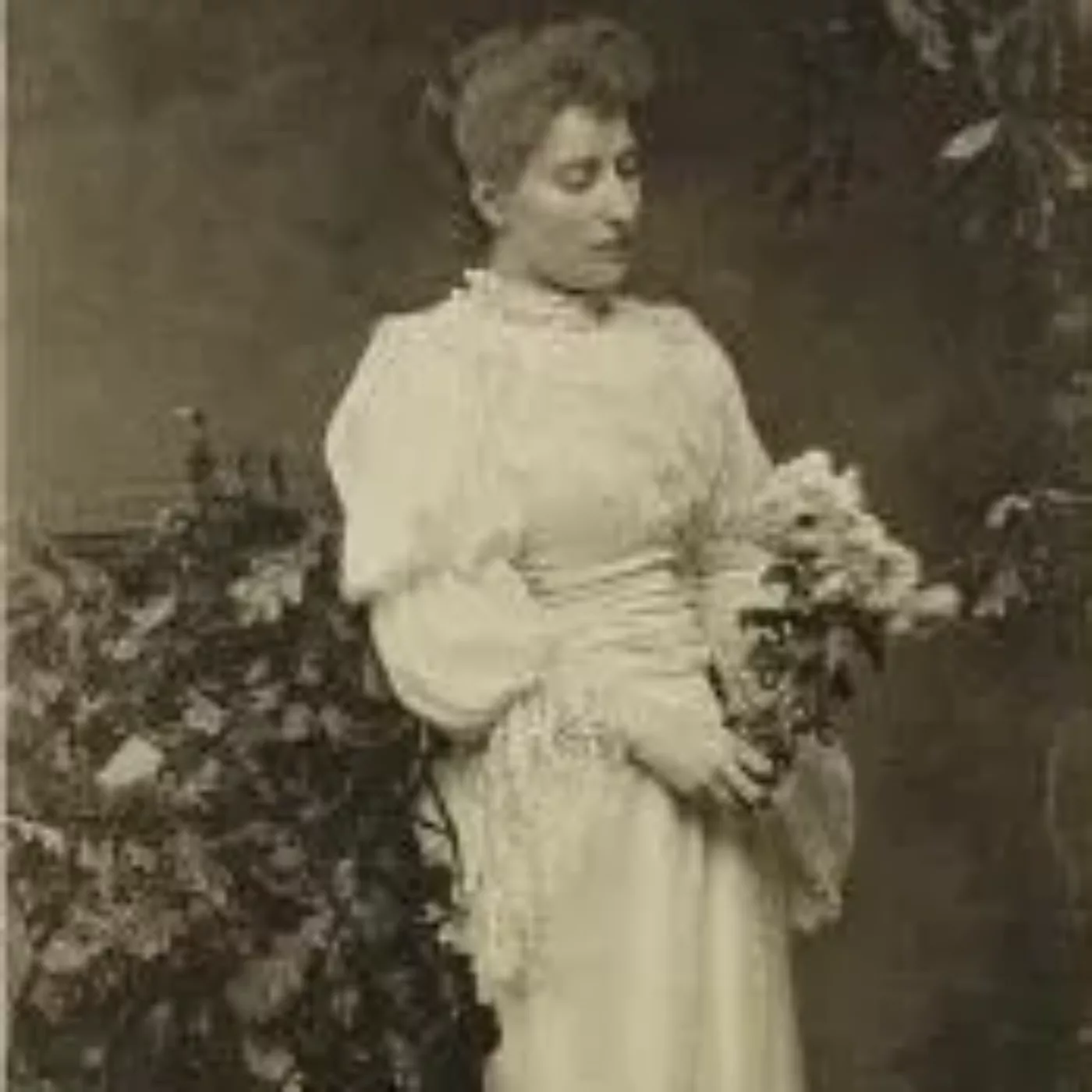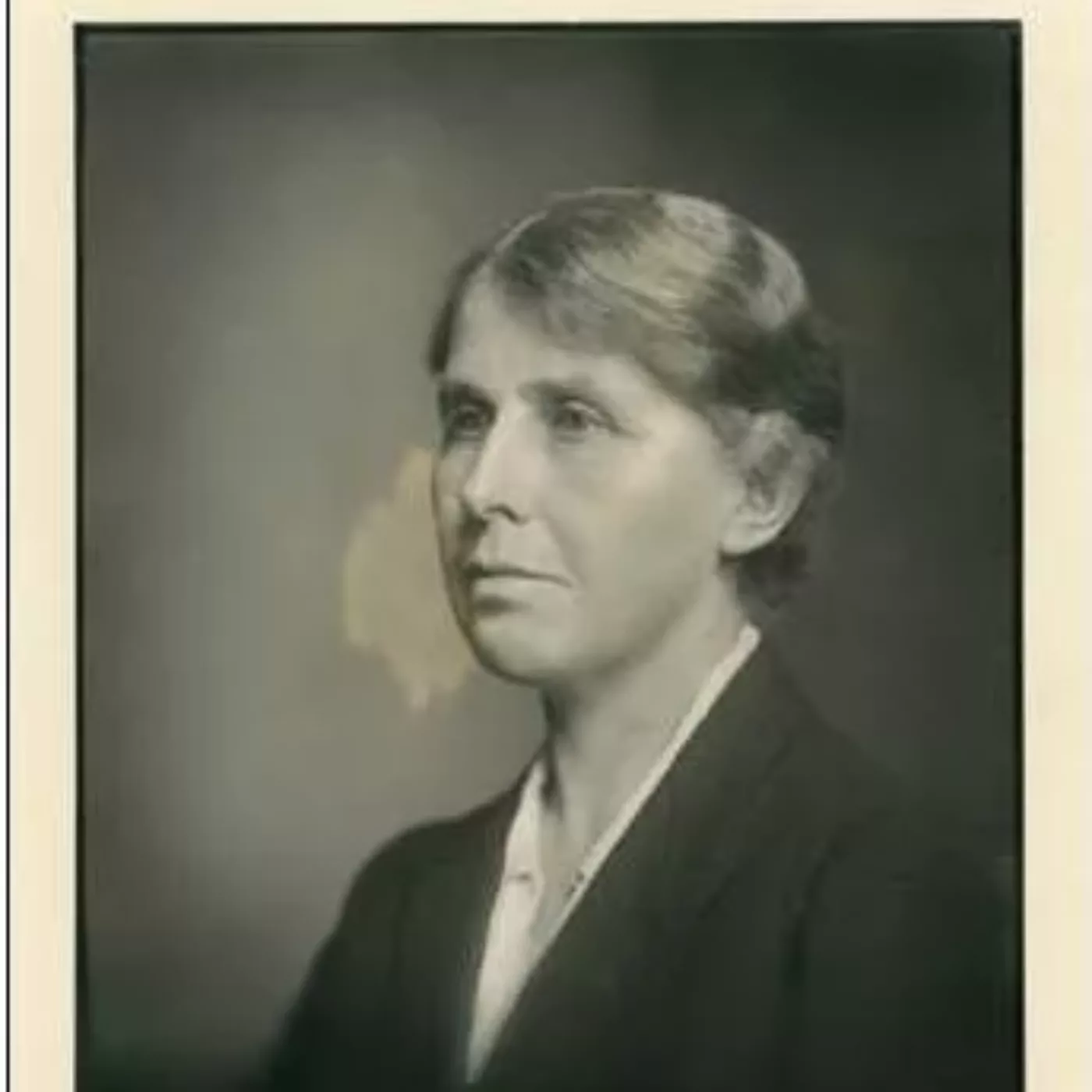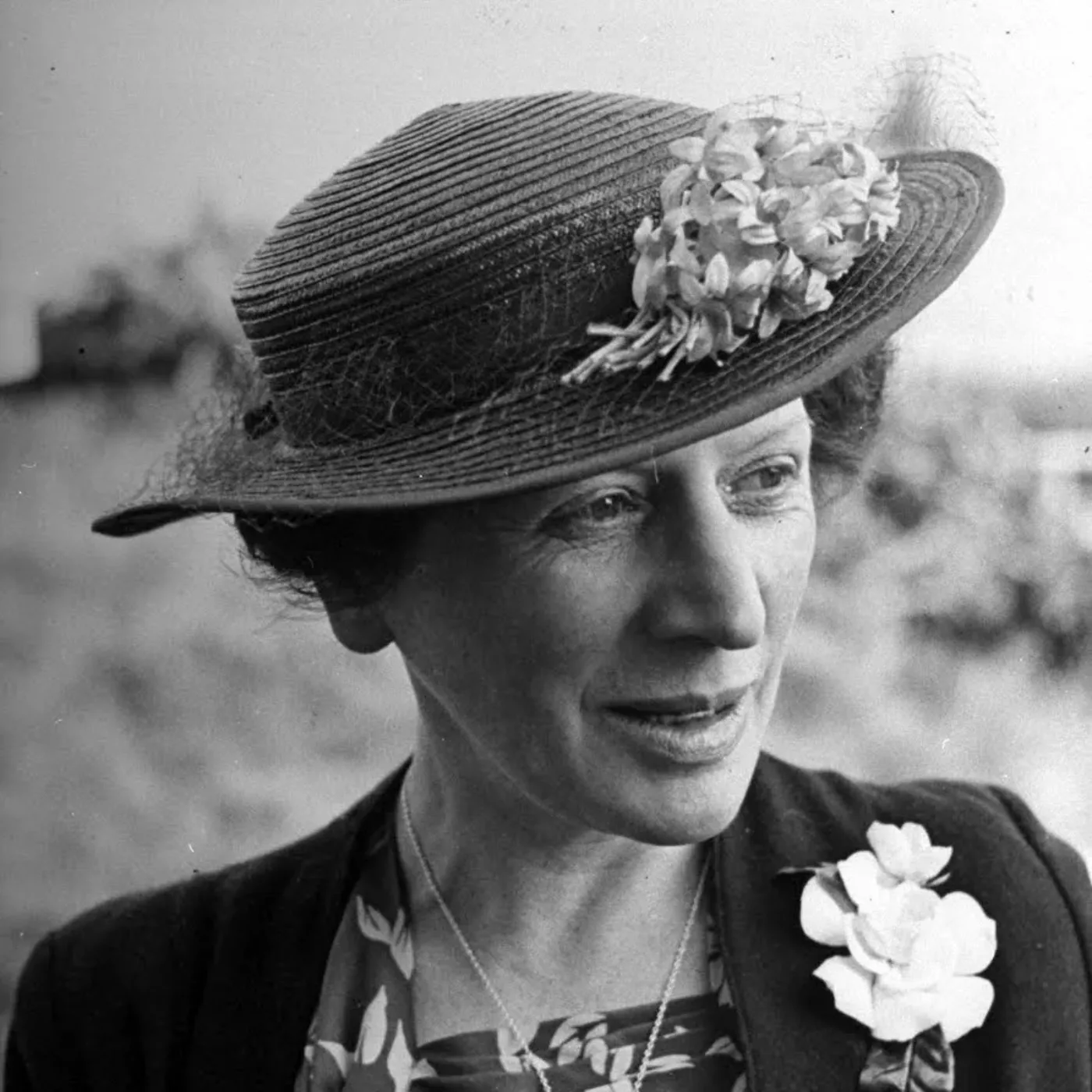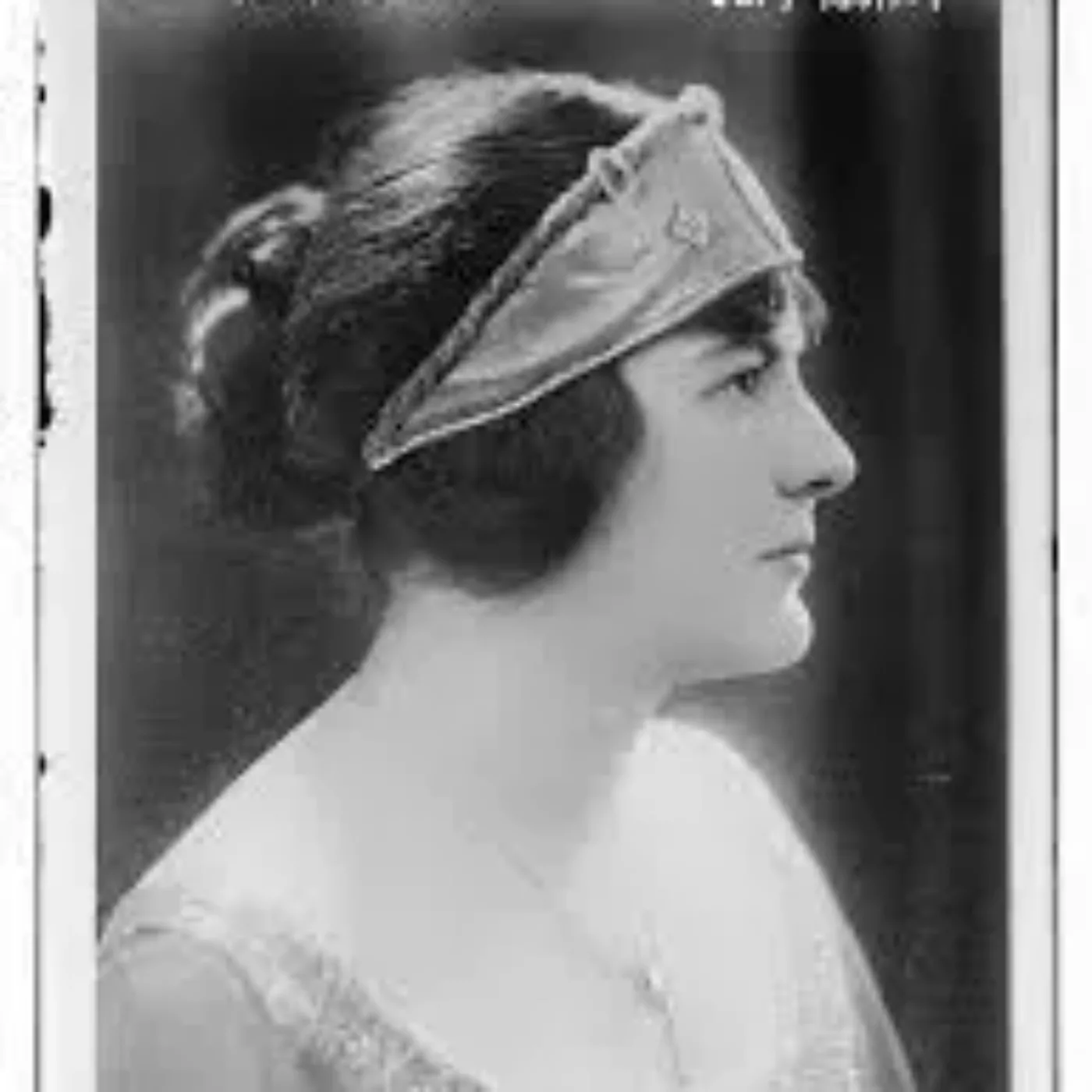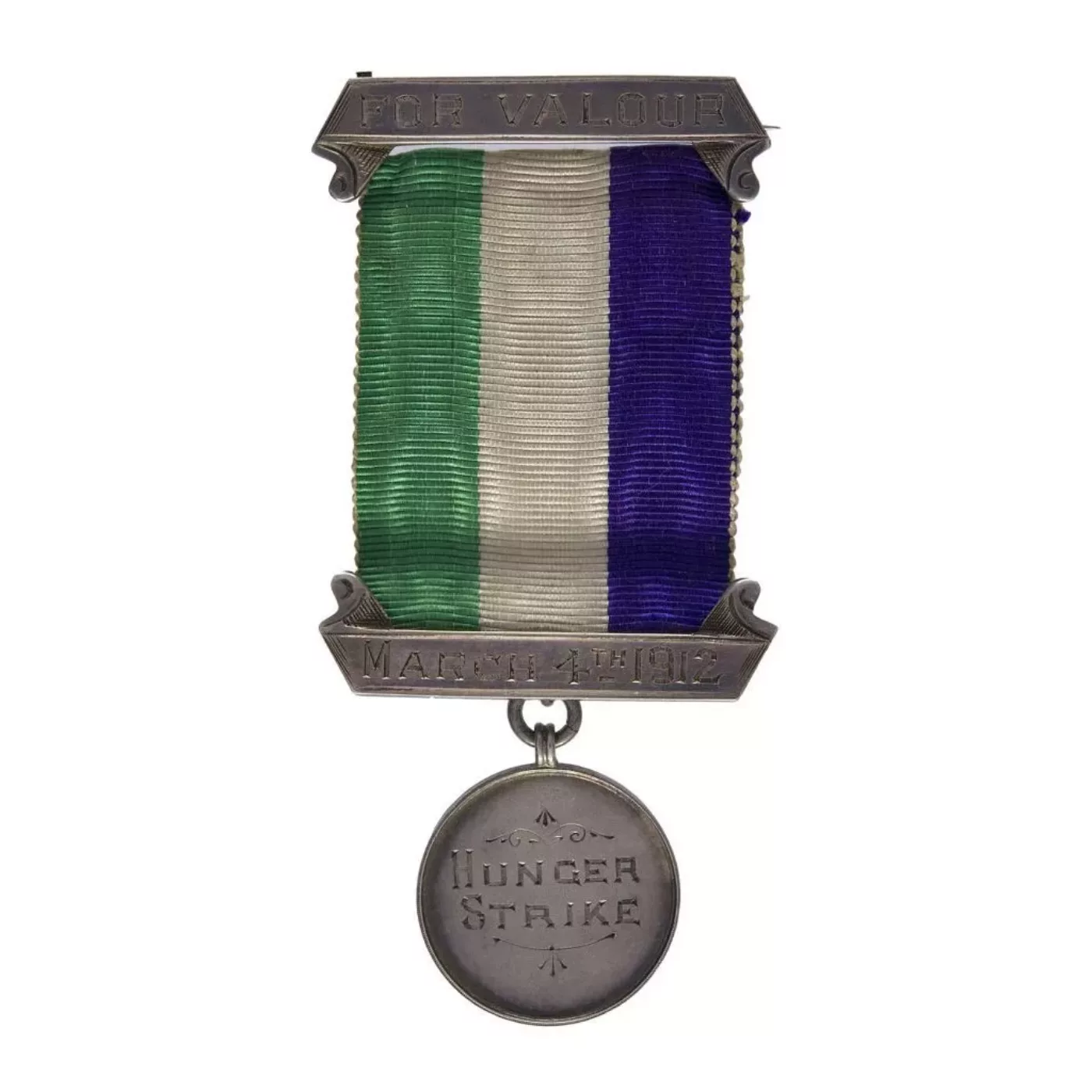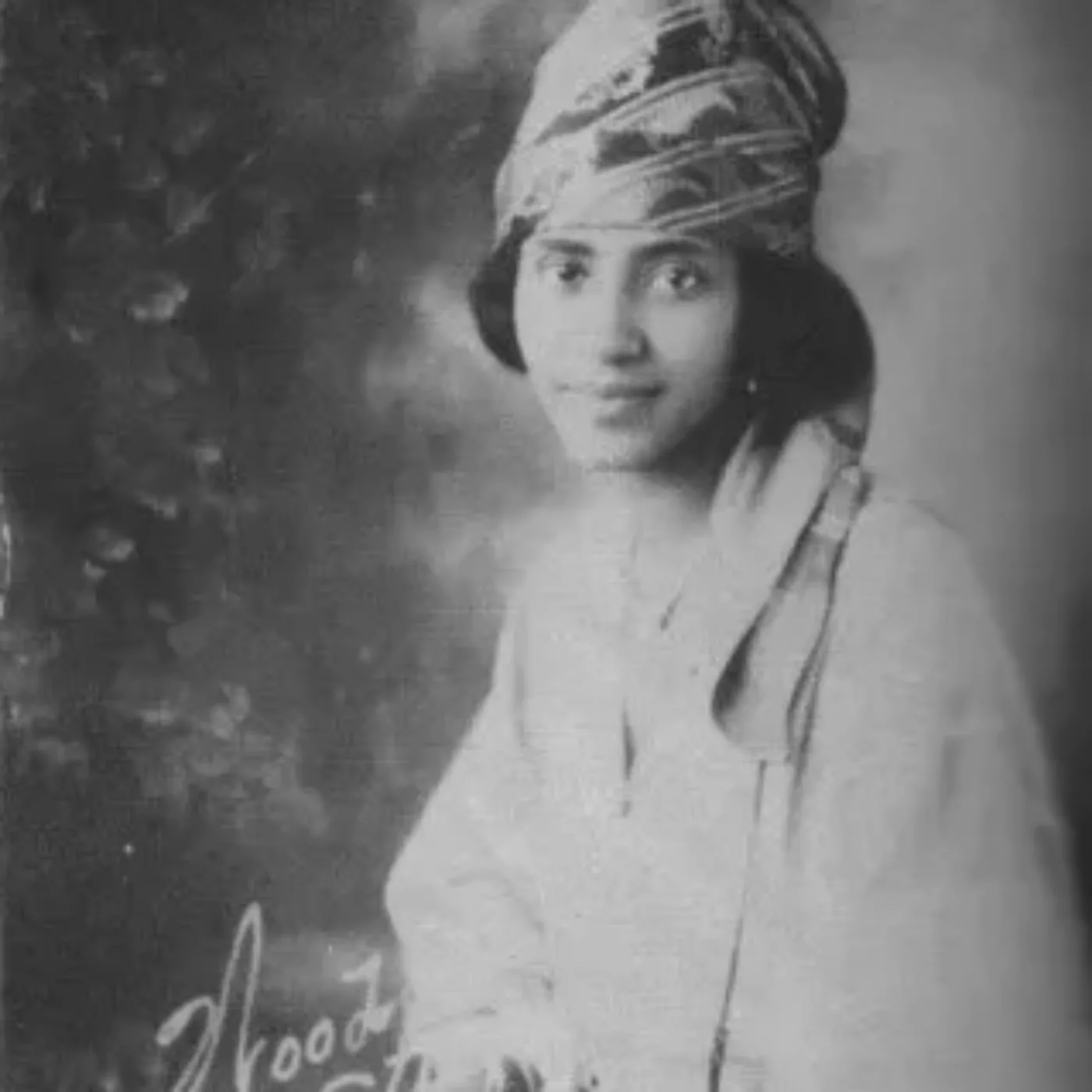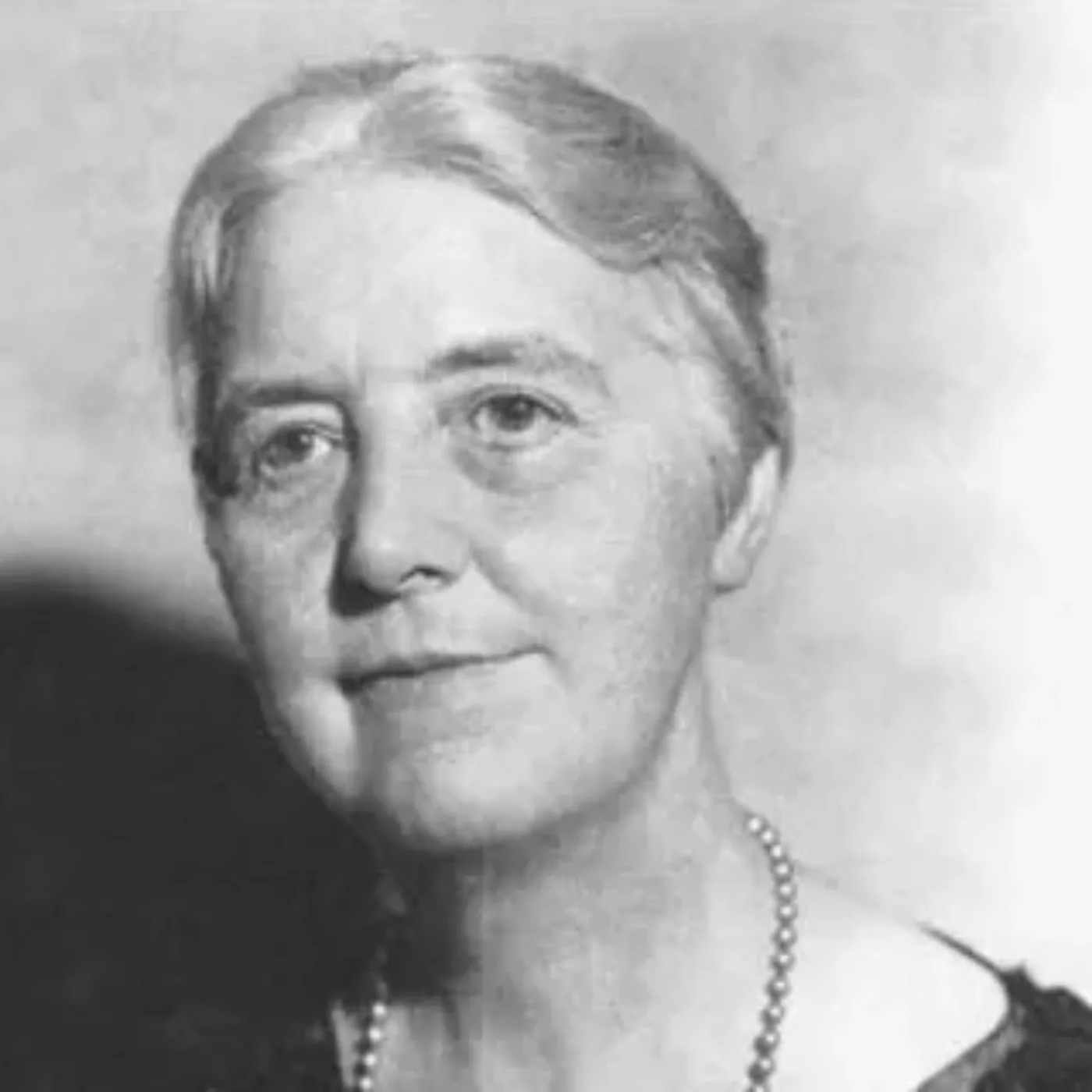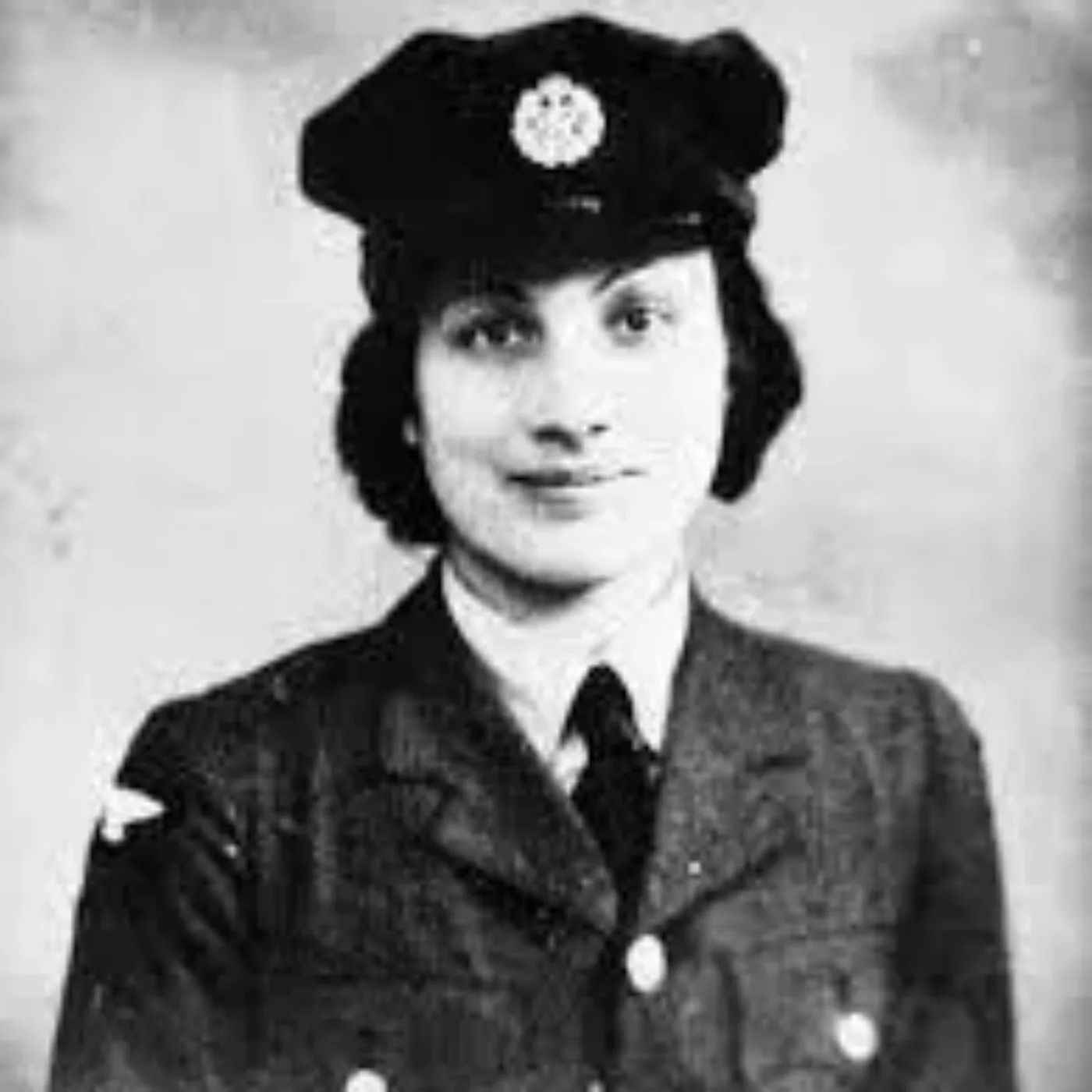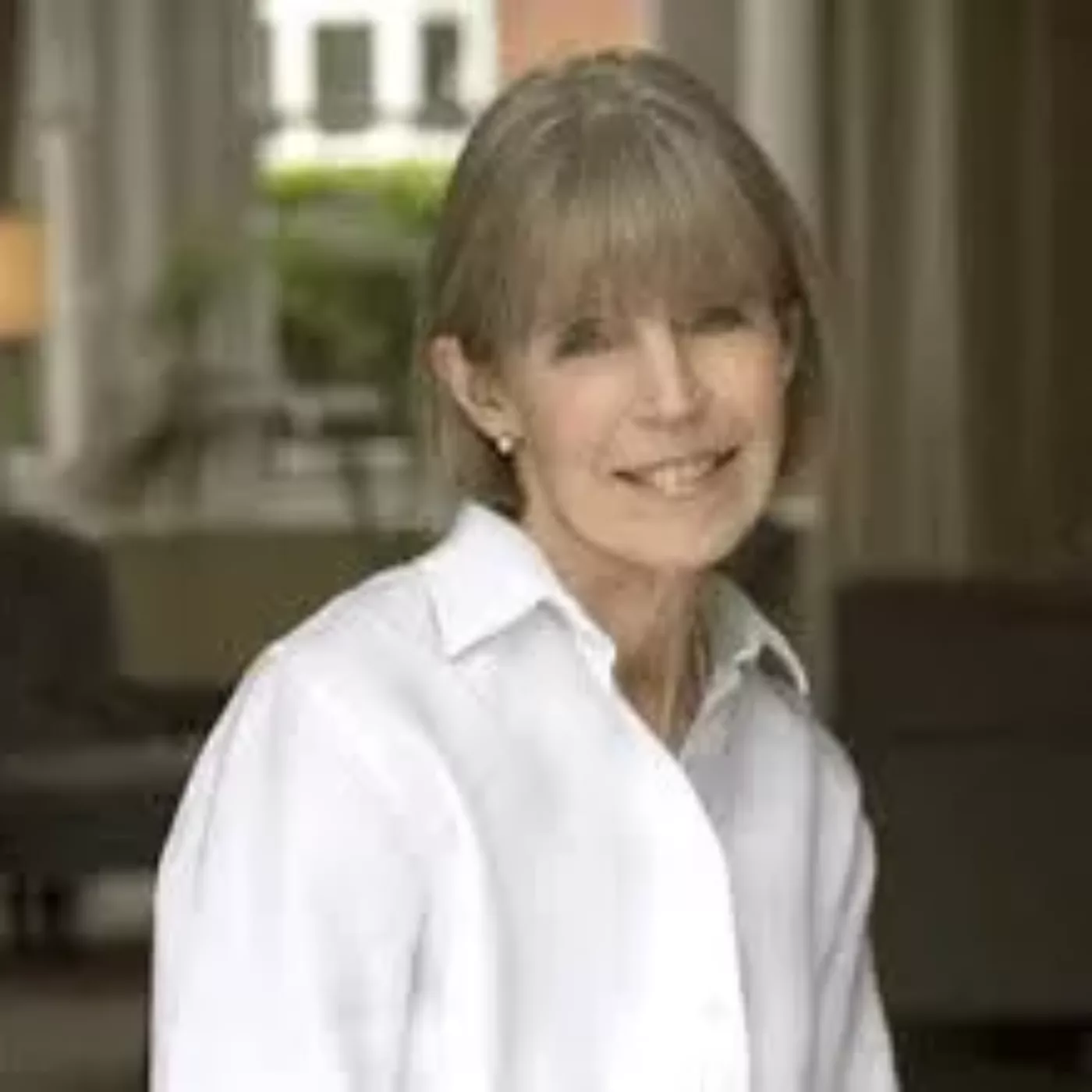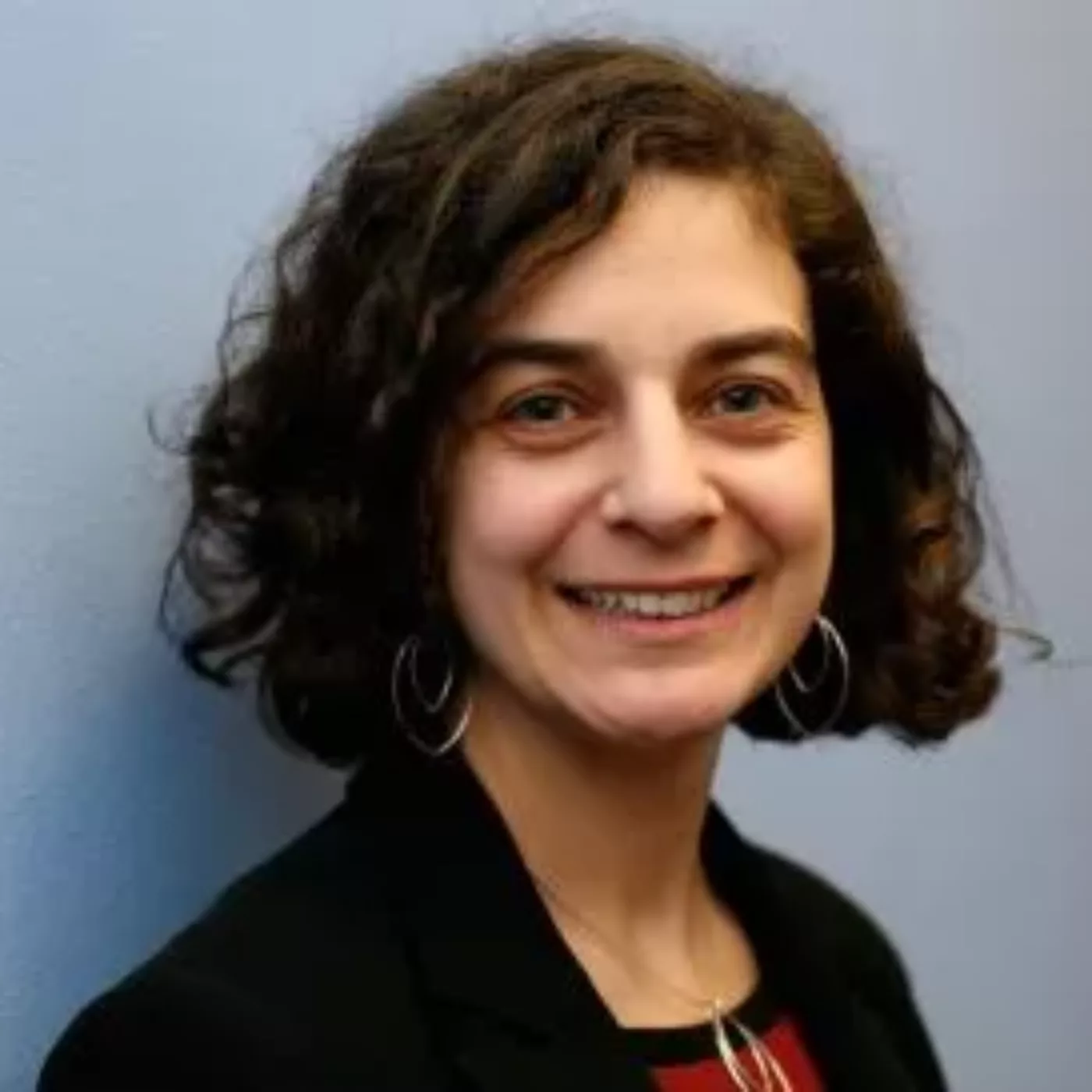Notting Hill & Ealing High School was opened in 1873 by the Girls’ Public Day School Company, known today as the Girls’ Day School Trust (GDST). It is the oldest all-through school of the 25 schools within the Trust. In 2023, the school will be celebrating its 150th anniversary and a heritage distinguished by educational excellence.
Illustration by Antony Dracup
1873: Notting Hill & Bayswater School opens in Norland Square.
16th September, 1873: First day at School! Miss Harriette Jones (affectionately known as Jonah) along with just one teaching assistant, open the doors to `Notting Hill & Bayswater School’. Ten girls aged 5 – 15 arrived on the first day, only one of whom had been in a school before. By Christmas that year, there were 30 girls on the roll. By 1884 and after a series of renovations, the school becomes more widely known as Notting Hill High School.
1885: The first school magazine is published and the Old Girls’ Association begins.
Excerpt from the first edition: “Our School is twelve years old, and we begin to feel the responsibility of our age; it is time that we should render some account of ourselves, and we submit to the judgment of our readers, hoping that they will appreciate our merits and be lenient to our shortcomings.”
-
Read more
“There are still many people who cling to the old-fashioned idea that a woman’s ignorance only adds to her charm. It is our aim to prove, by the results of our teaching, that a girl is none the less charming because of her learning, and that, on the other hand, a thorough education gives her the solid advantage of being better fitted to fight the battle in life in whatever position she is placed.”
With the exception of the years 1917-1919, the magazine has been published every year since 1885.
1887: Cricket makes its debut with the launch of first all female team
Persuasive student Georgina Walrond, convinces Miss Jones to allow students to play cricket and they rise to victory in their debut game against Princess Helena College.
Unfortunately, when the school was offered a field at Kensington Palace for its sporting activities, cricket had to take a temporary pause because Princess Louise believed the sport was “unladylike.”
1910: The Notting Hill High School Song is introduced
… following a competition launched by Miss Steele (the Head at the time) with a prize of £2.2s! Open to past and present girls of Notting Hill High School, Emma Curney Salter, an alumn, wins the prize. This song is often sung by our Junior School students in their assemblies today!
1911: The GPDST tries to stop the Boar’s Head Procession
Notting Hill appears to have been the only girls’ school in the country to adopt the tradition of the Boar’s Head Procession and accompanying carol which, in 1911, the GPDST deemed inappropriate for a girls’ school and attempts a sabotage! This fails and this tradition is upheld and continues to this day – each Christmas.
1931: The big move to Ealing and creation of Notting Hill & Ealing High School
Swelling numbers and the lack of space in Notting Hill necessitated a move to Ealing. The move took place over the Christmas holidays and teaching started in January 1931. The Prep School remained in Notting Hill and a new Junior School was established in Ealing.
The Second World War Years
Air raid shelters were built under the Senior School and a reinforced concrete shelter was built near the Junior School. Boarding accommodation for 25 girls was set up in Redlands to help families during the war and when night raids increased, the girls had to sleep in the shelters under the Senior School. During daylight raids, lessons were held in the shelters under the school. Lighting was provided by storm lanterns and candles.
In 1944, girls spent so much time in the shelters that the school day was split because there was not enough accommodation for the whole school. Younger girls had their lessons in the morning and older girls after lunch.
1973: Centenary celebrations
The whole school attended a Thanksgiving service at St Paul’s Cathedral, travelling on a dedicated Central Line train. Several other events took place during the year including a prize giving at which the special guest was the Duchess of Gloucester and the guest speaker was alumna, Dame Harriette Chick.
2013: The ‘Big Build’ and 140th birthday
An exciting £15 million project at the heart of the Senior School sees the addition of several impressive new facilities for the school including the creation of a multi-function hall, a four-court sports hall, a spectacular dance studio, a 100-seat theatre and a three floor glass fronted atrium.
March 2020: Covid-19
As the global pandemic takes its hold and remote learning becomes possible, students across the School deepen their community spirit making PPE for hospital staff while in December that year, a school-wide initiative led by Sixth Former, Hannah Safi, results in over 850 letters of gratitude distributed to NHS staff in Ealing hospital – some penned by girls as young as 6.
January 2022: Launch of Saturday BUDS
The launch of BUDS – a new Saturday enrichment programme working with primary schools in Ealing. Every month students from several primary schools within Ealing spend a fun-filled Saturday morning at Notting Hill & Ealing High School in a series of activities aiming to build understanding and develop skills. More on this initiative can be found in our Partnerships section.
Alumna
1904: ALUMNA: Astra Desmond CBE (Lady Neame), Opera Singer
World renown contralto becoming President of the Society of Women Musicians in the UK and also of the Incorporated Society of Musicians. During WW2, she made many foreign language broadcasts to the occupied countries and made propaganda visits to Greece, Spain and Portugal for the British Council. She was awarded a CBE for this work.
1904: ALUMNA: Gertrude Lowy
Most notable of many suffragettes from Notting Hill & Ealing High, Gertrude was arrested for militancy and window smashing in Knightsbridge in March 1912 and was sentenced to 2 months hard labour. While in prison, she went on hunger strike for which she was awarded a Women’s Social and Political Union (WSPU) medal.
